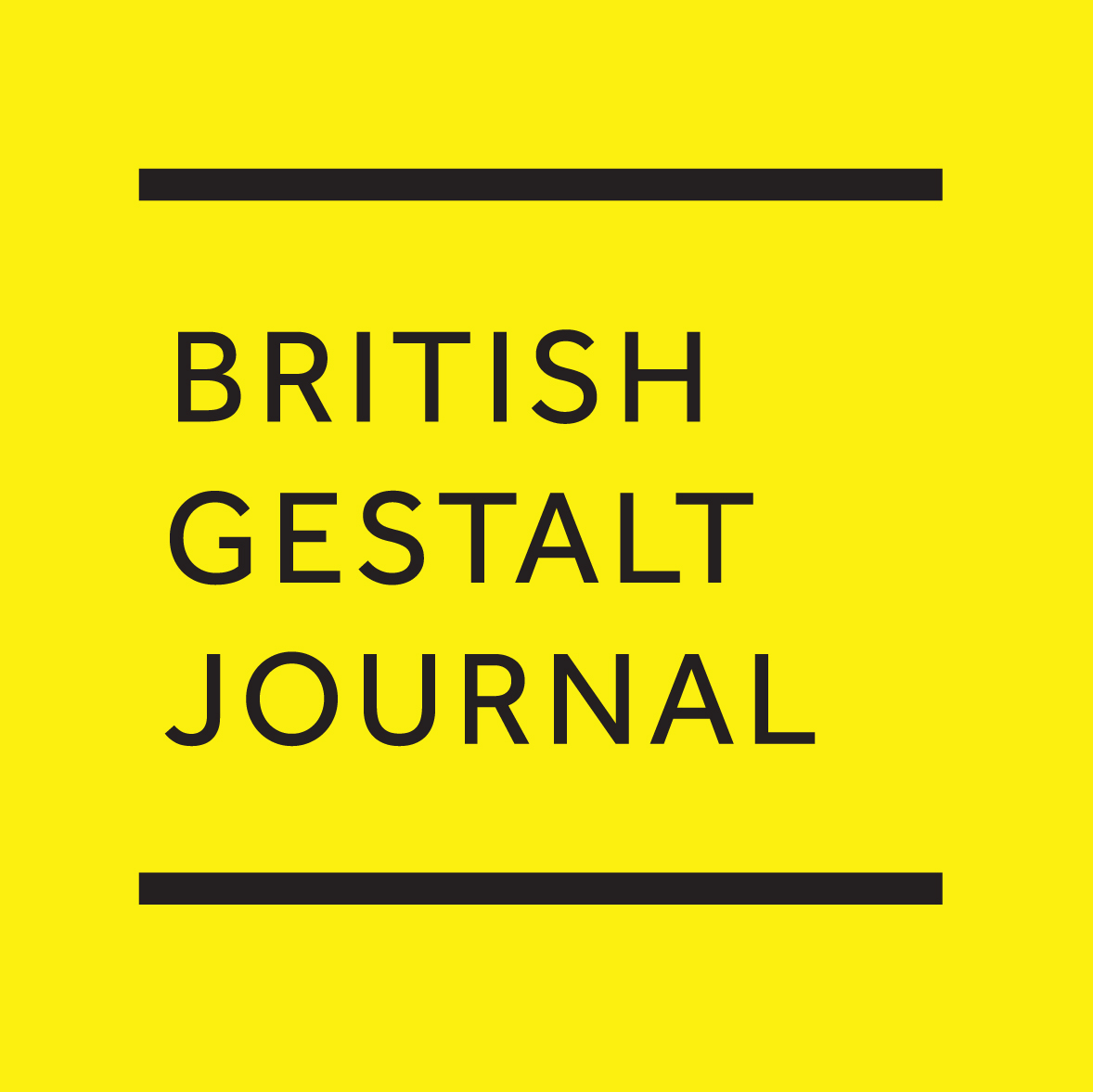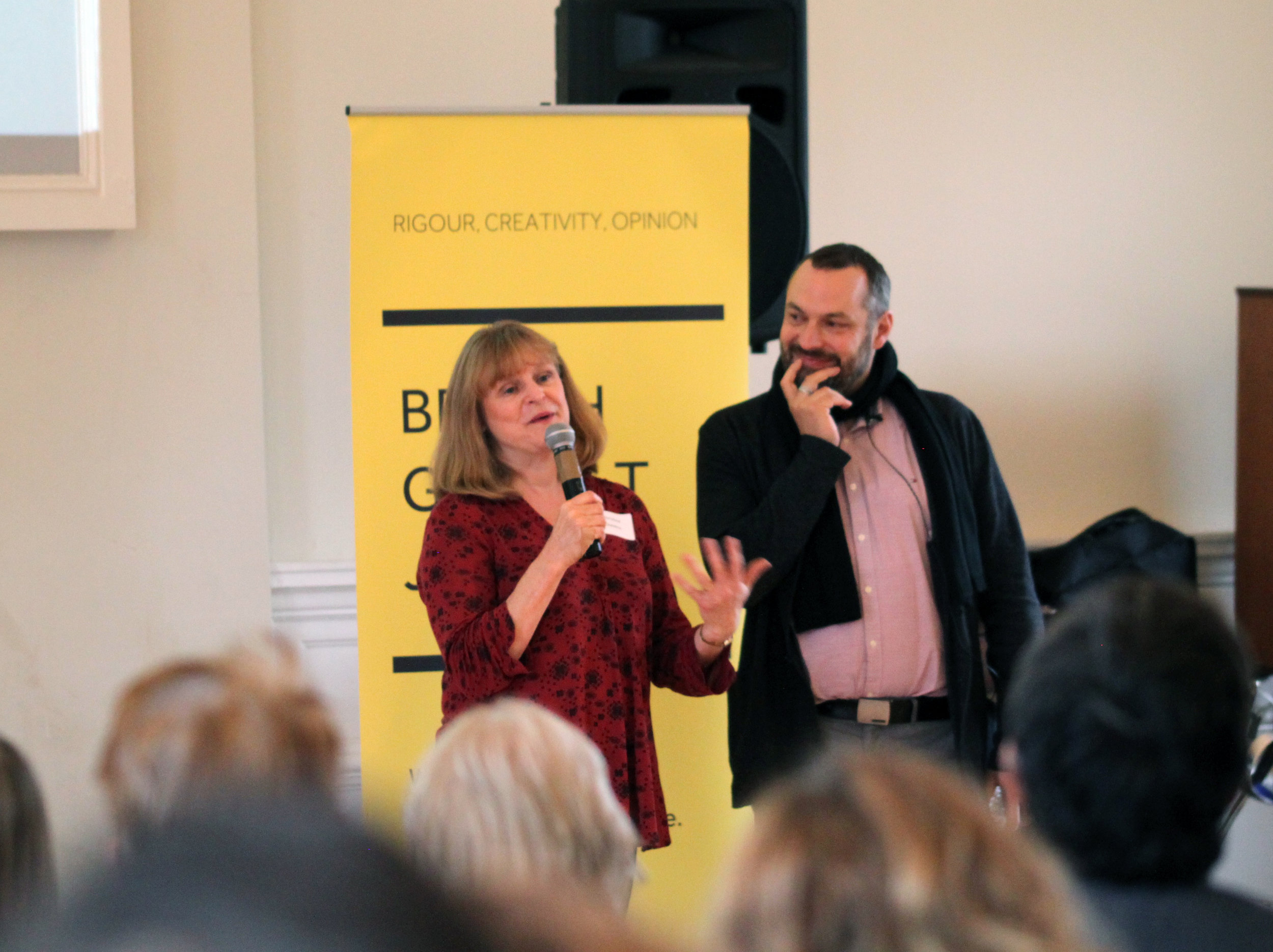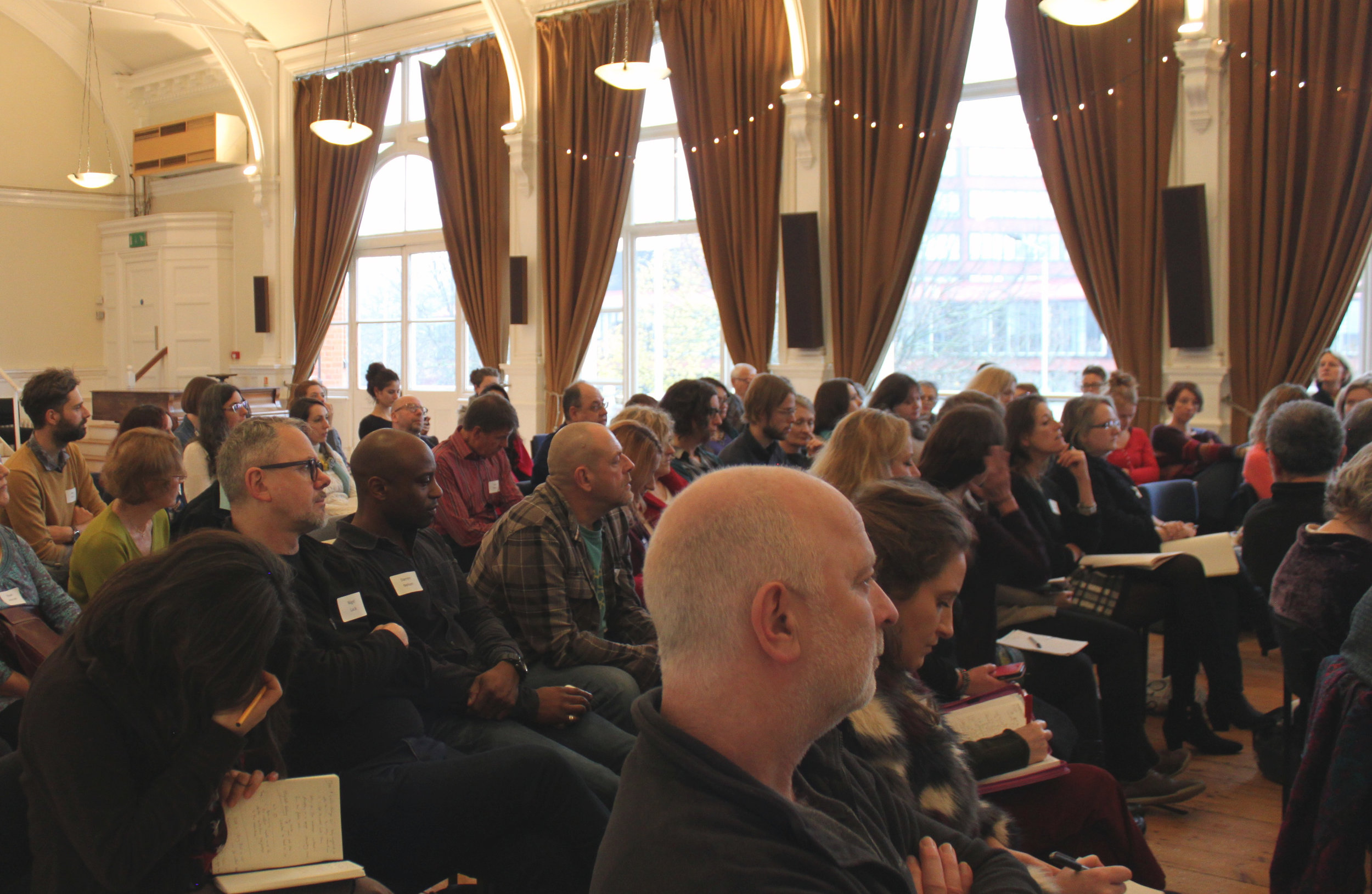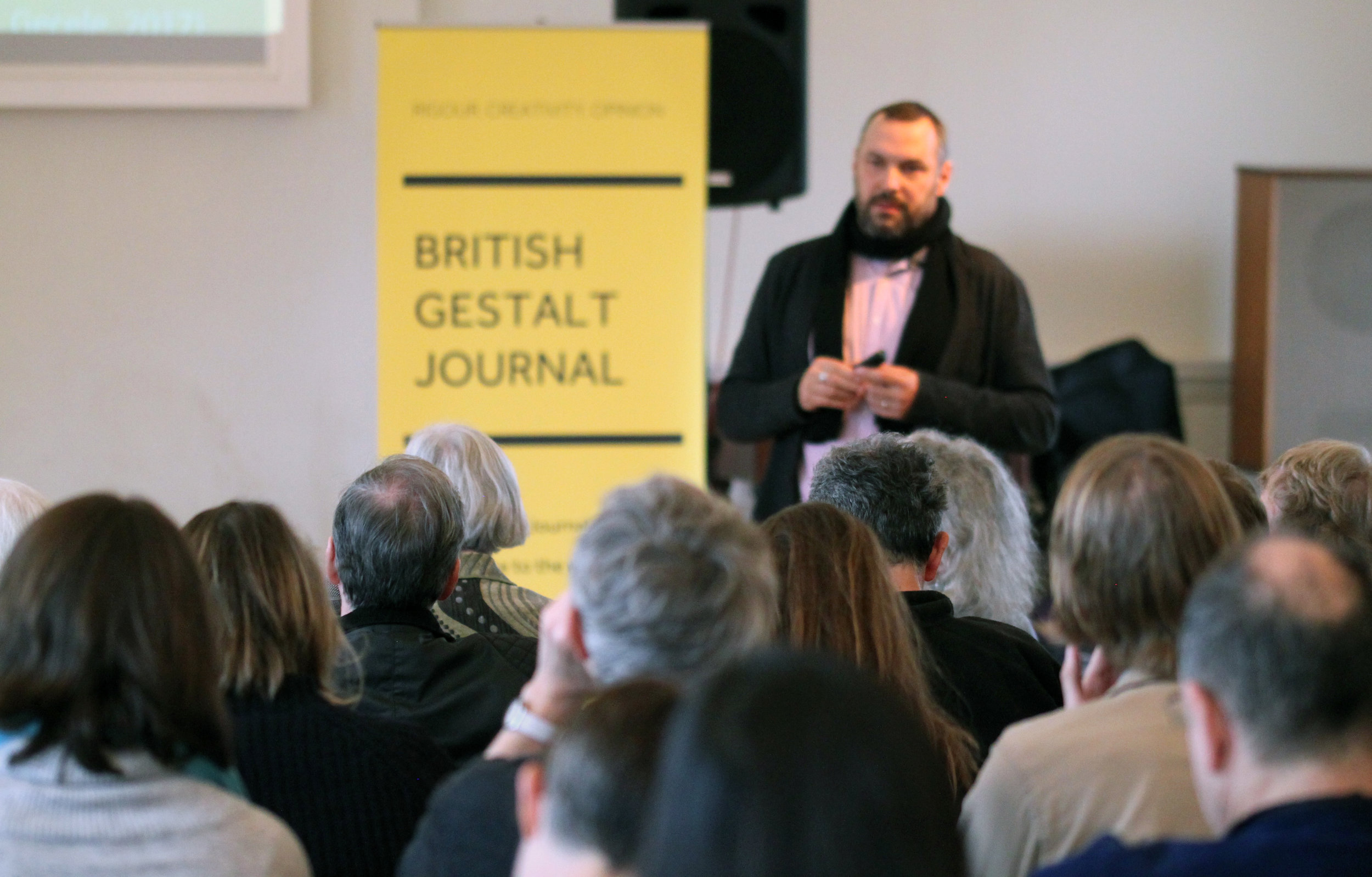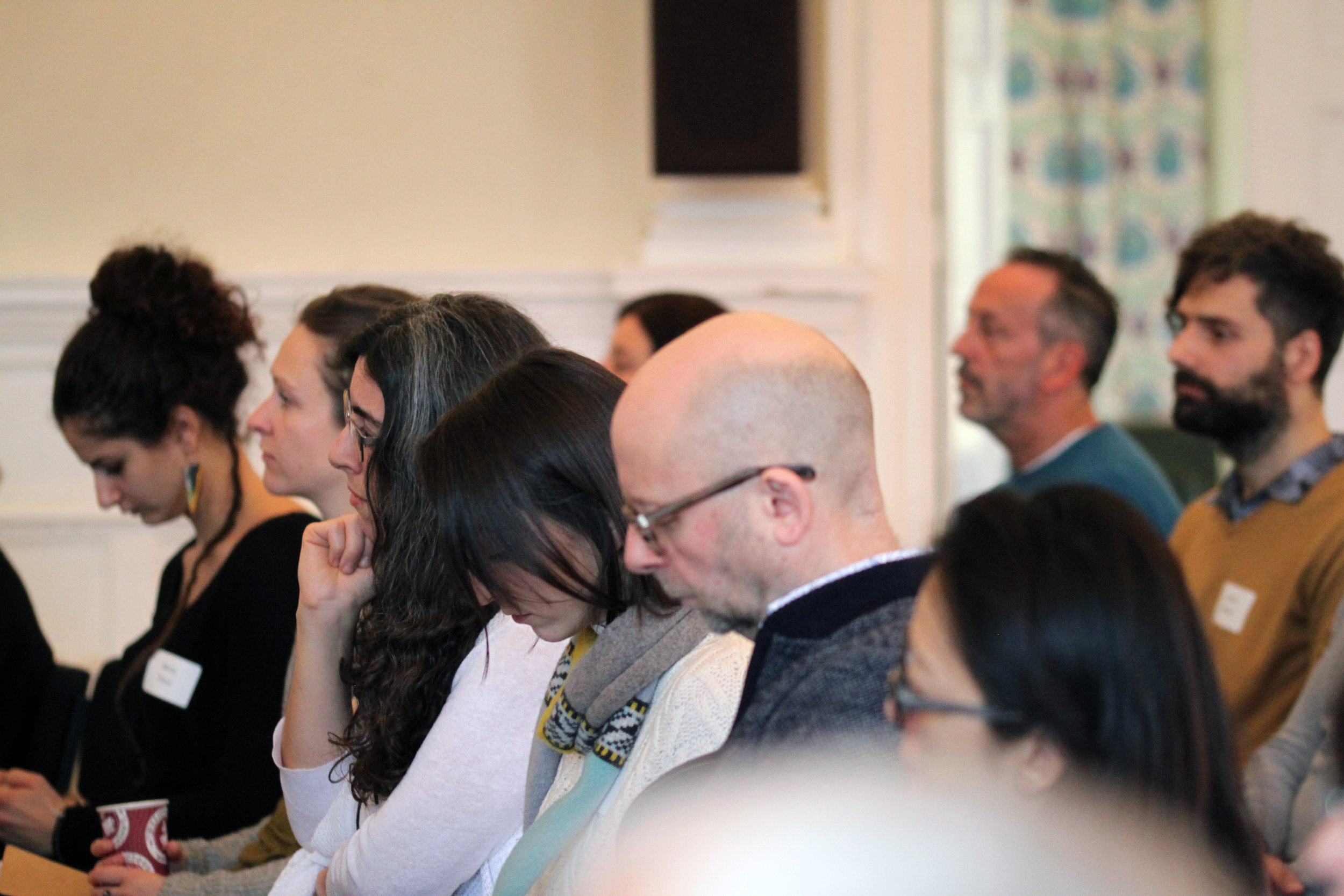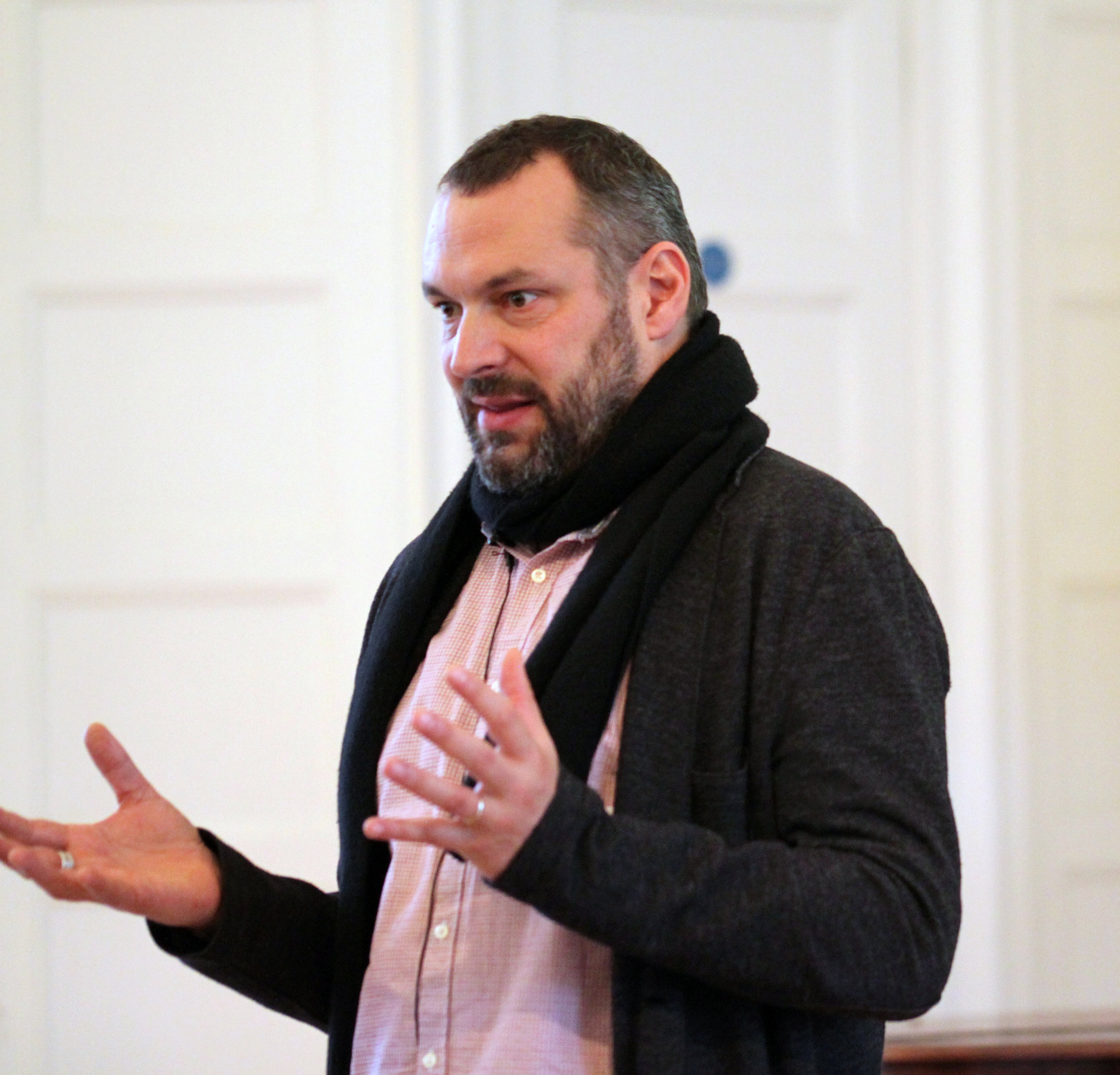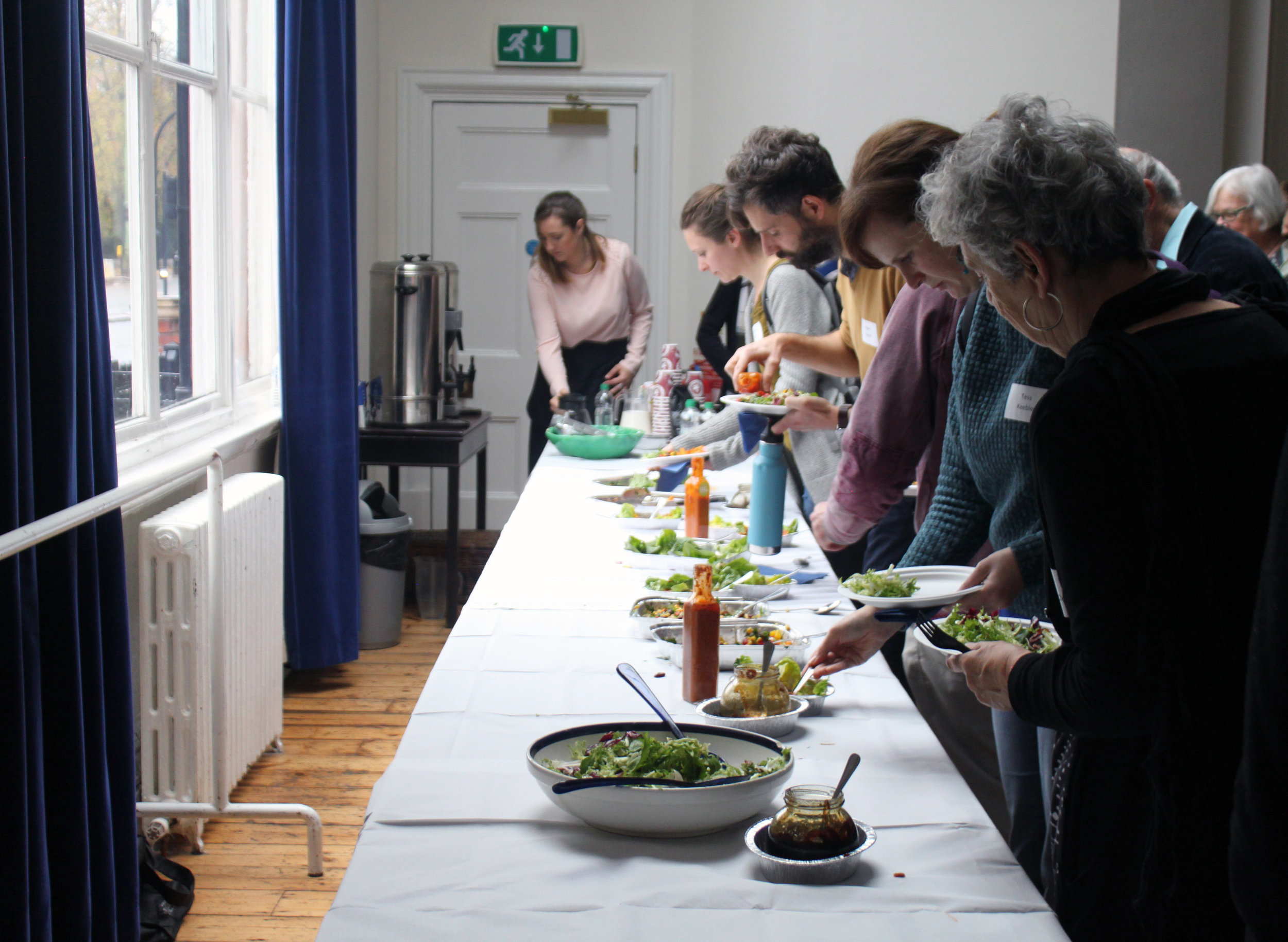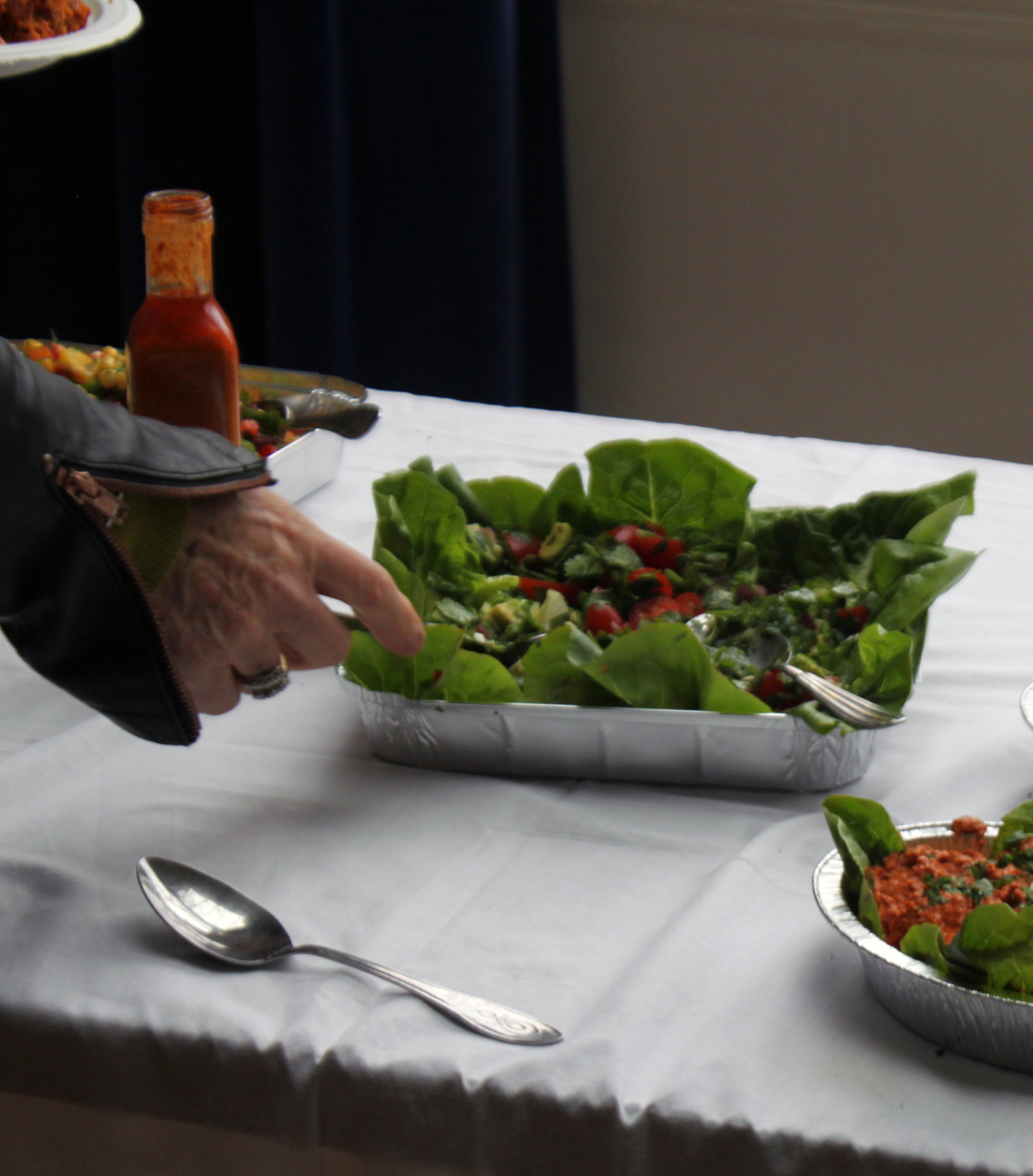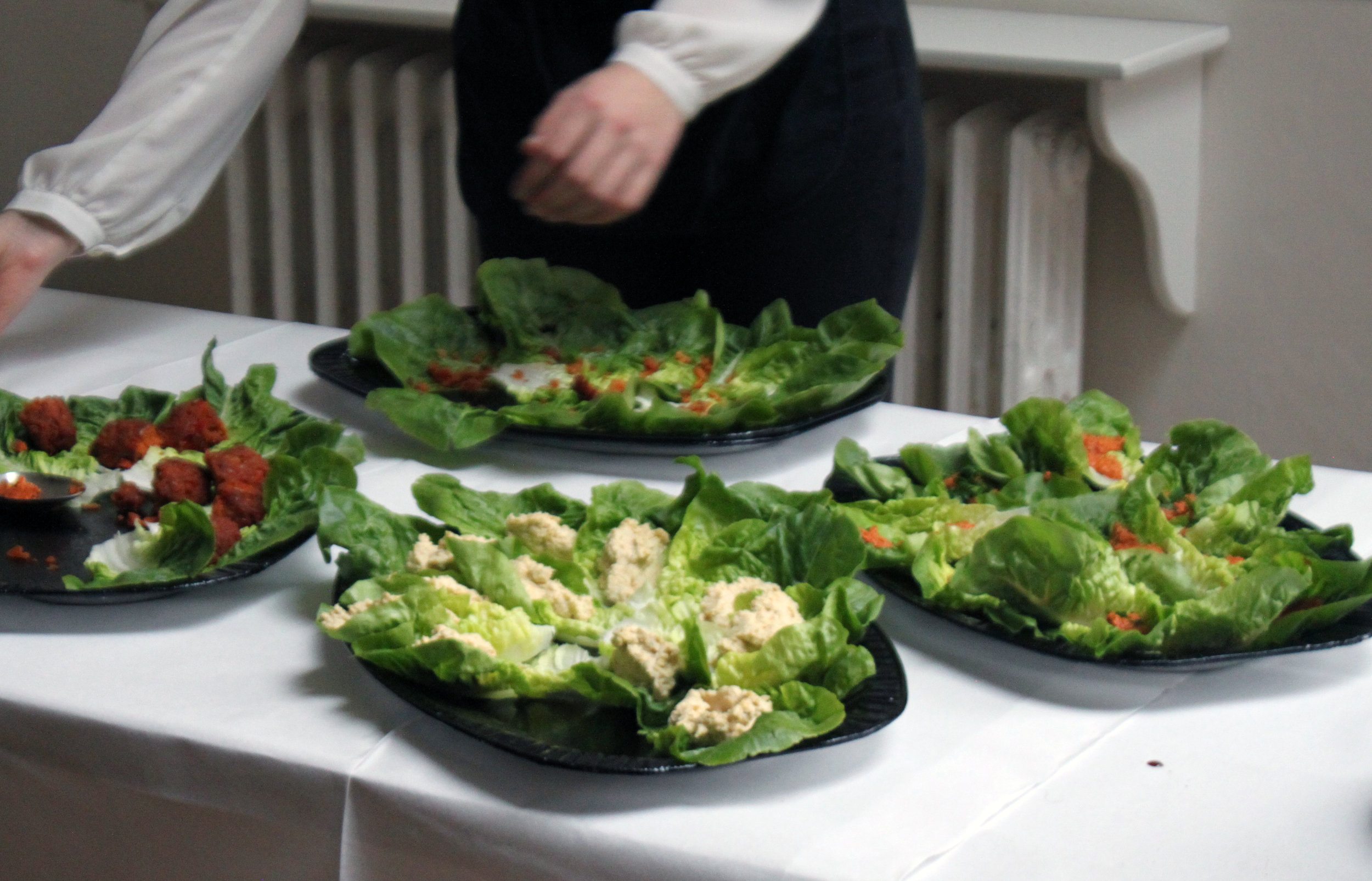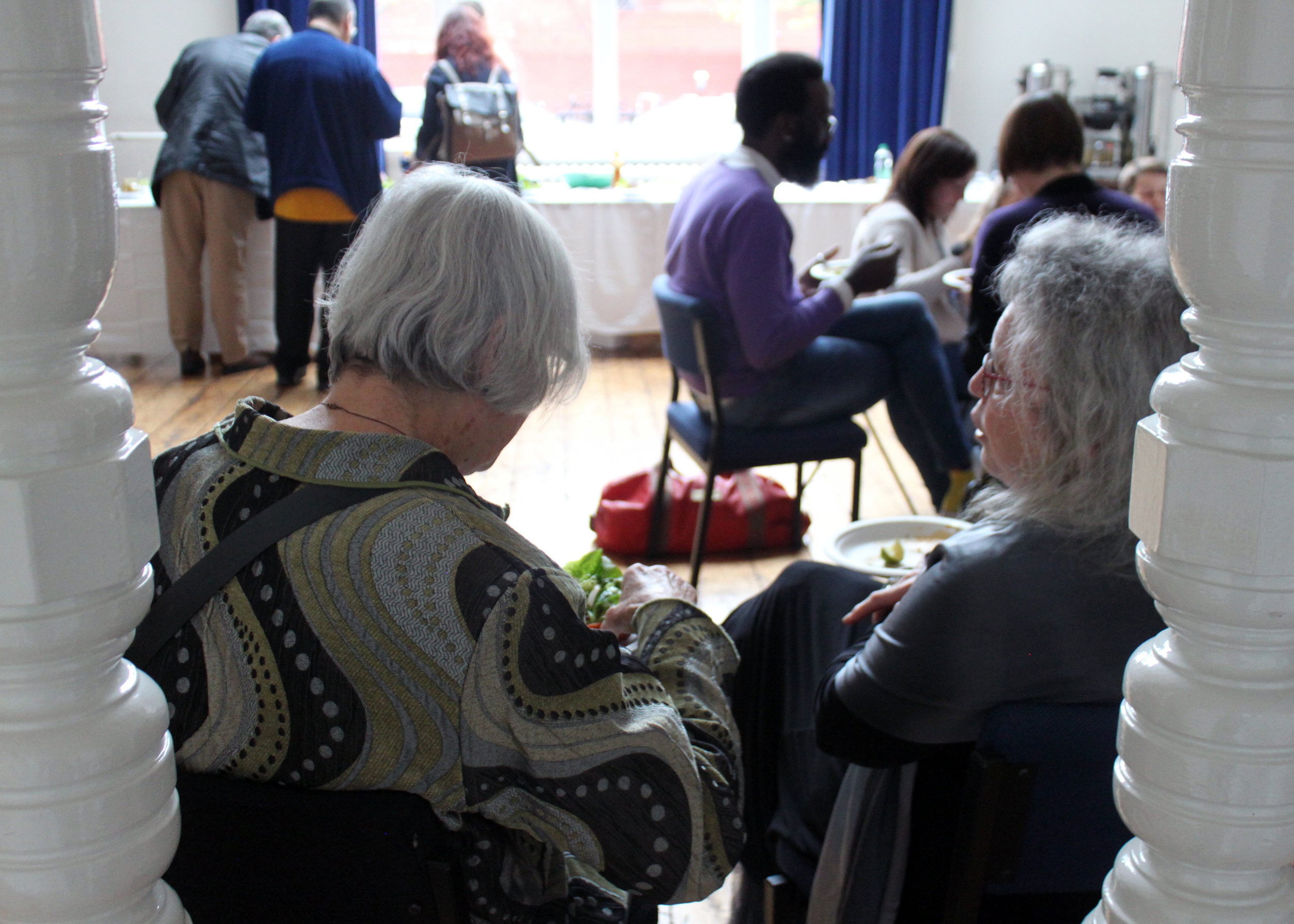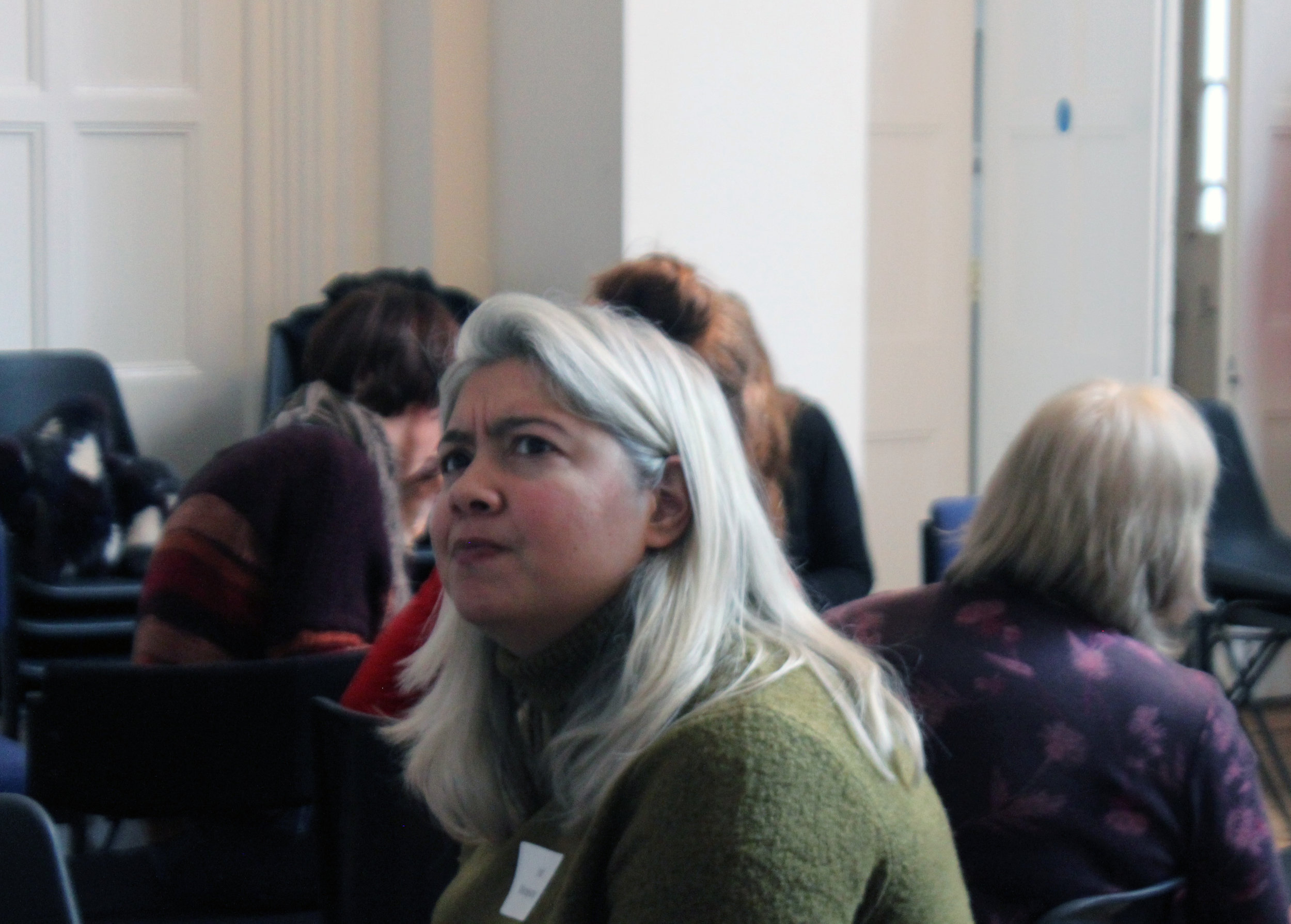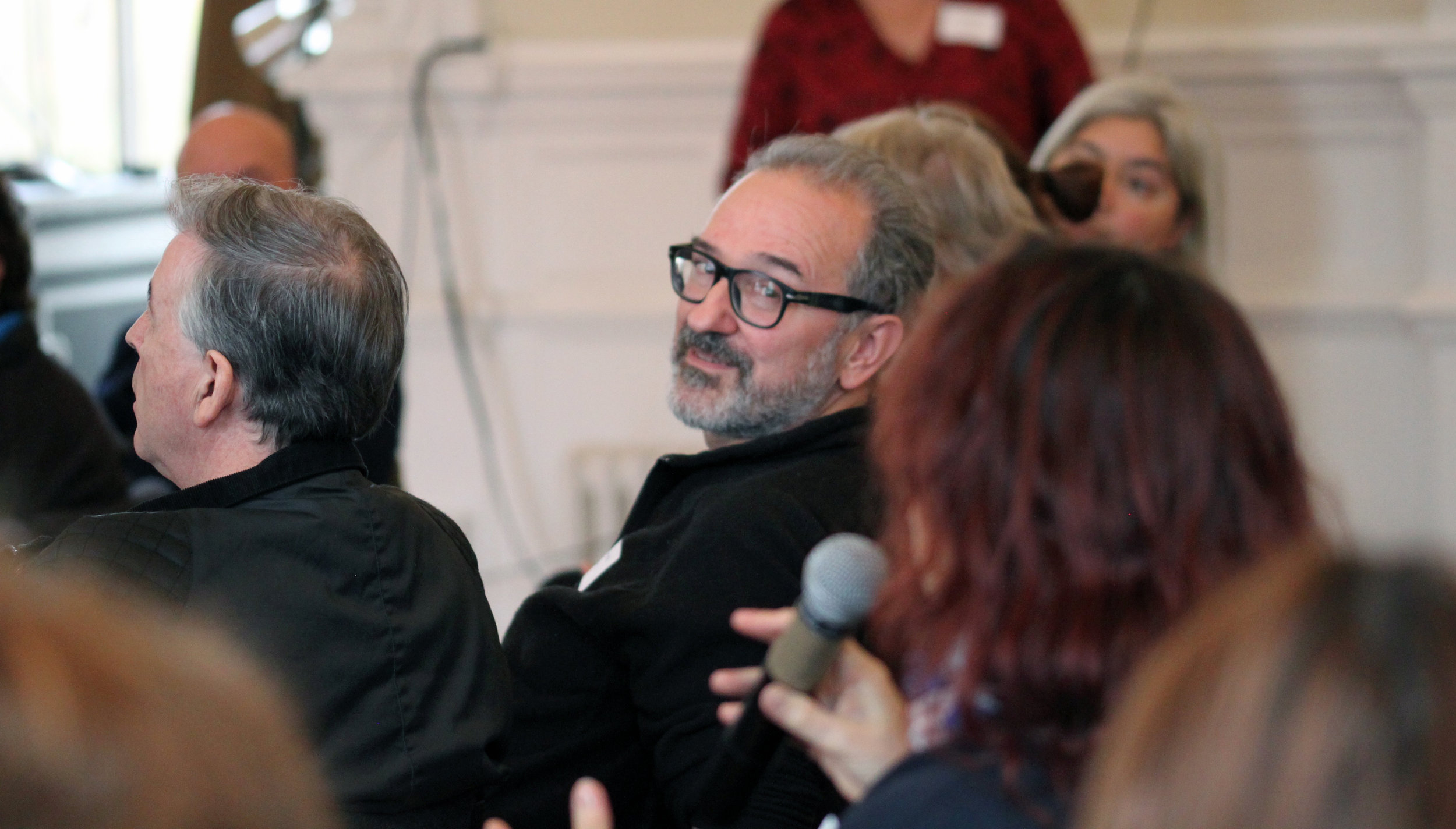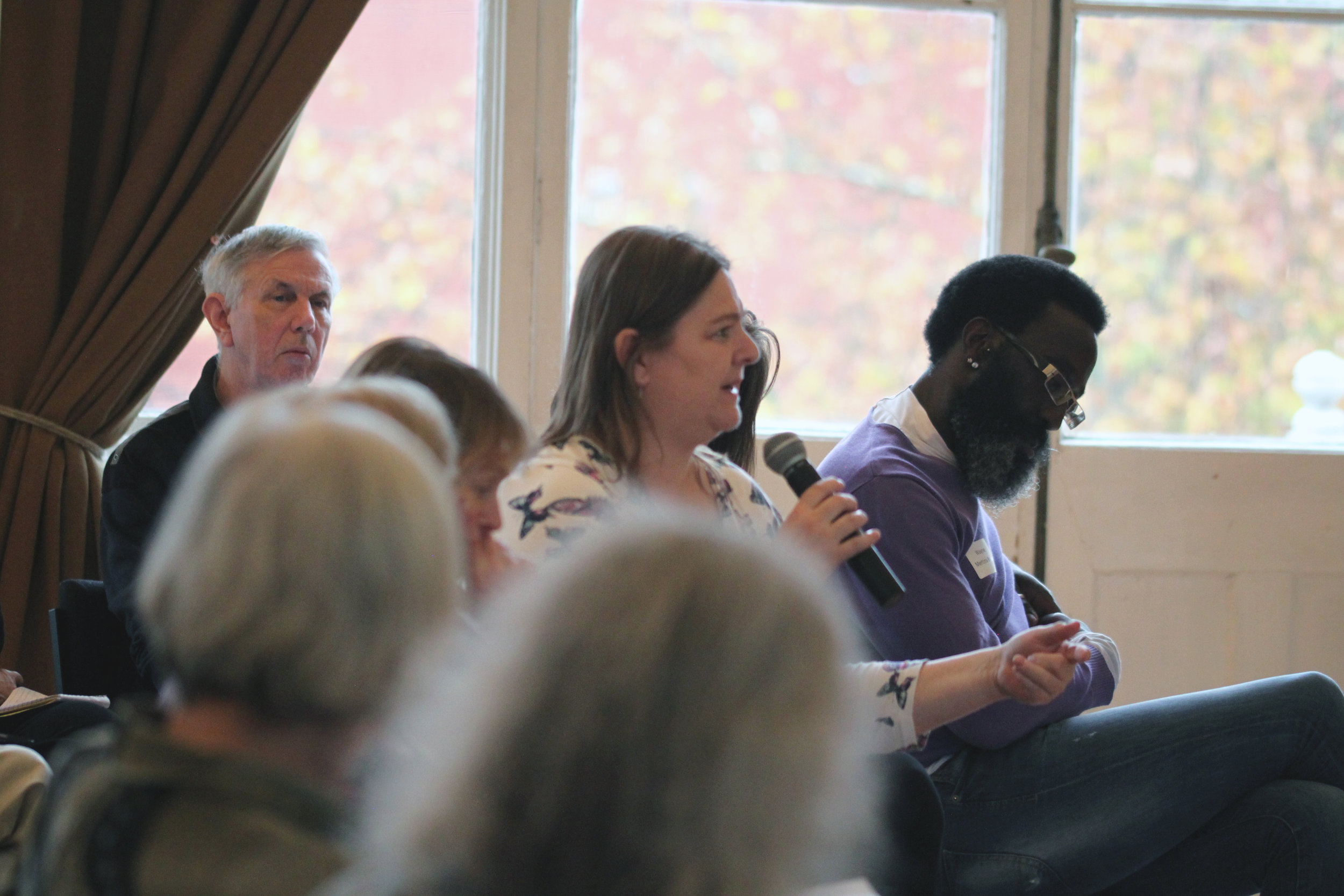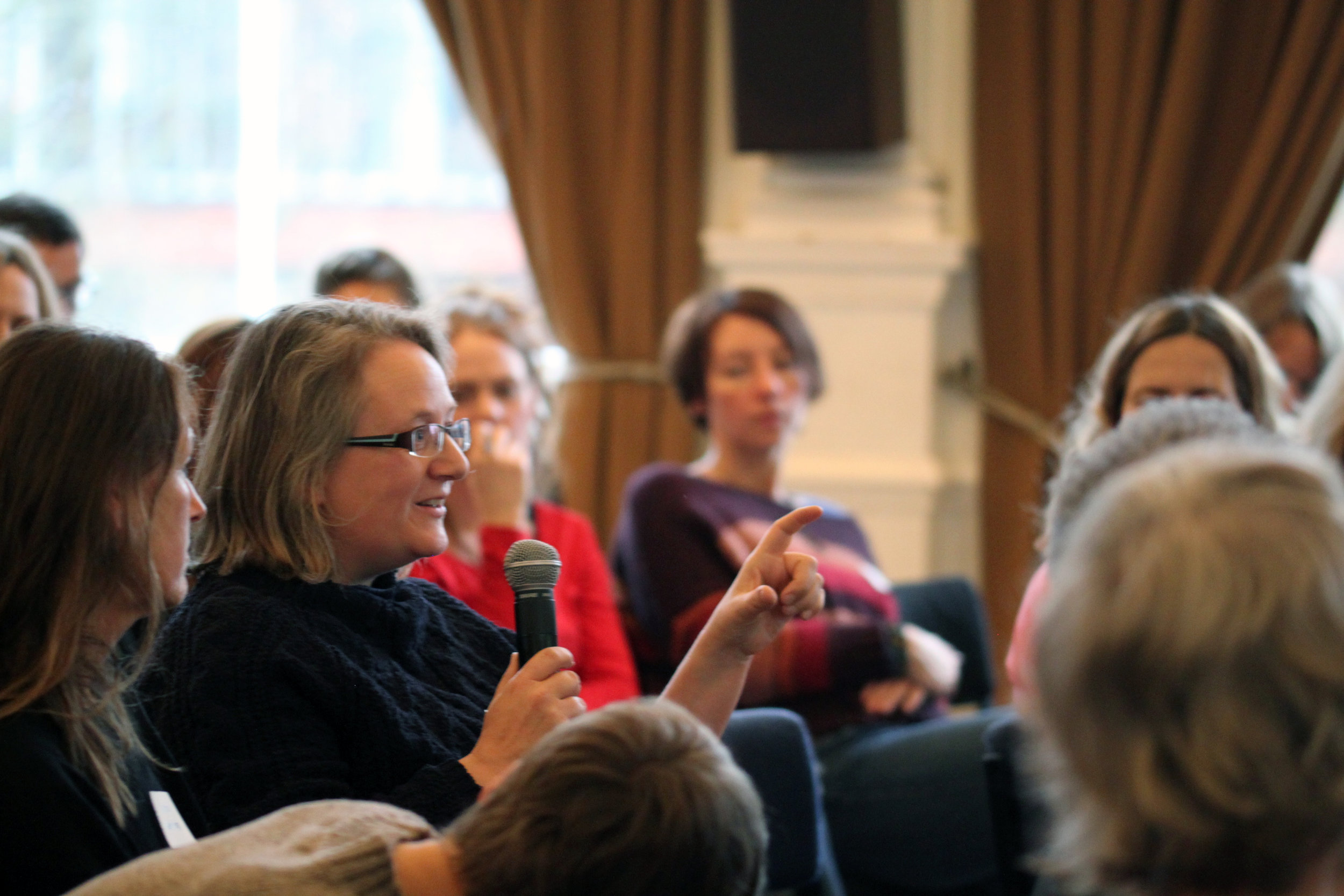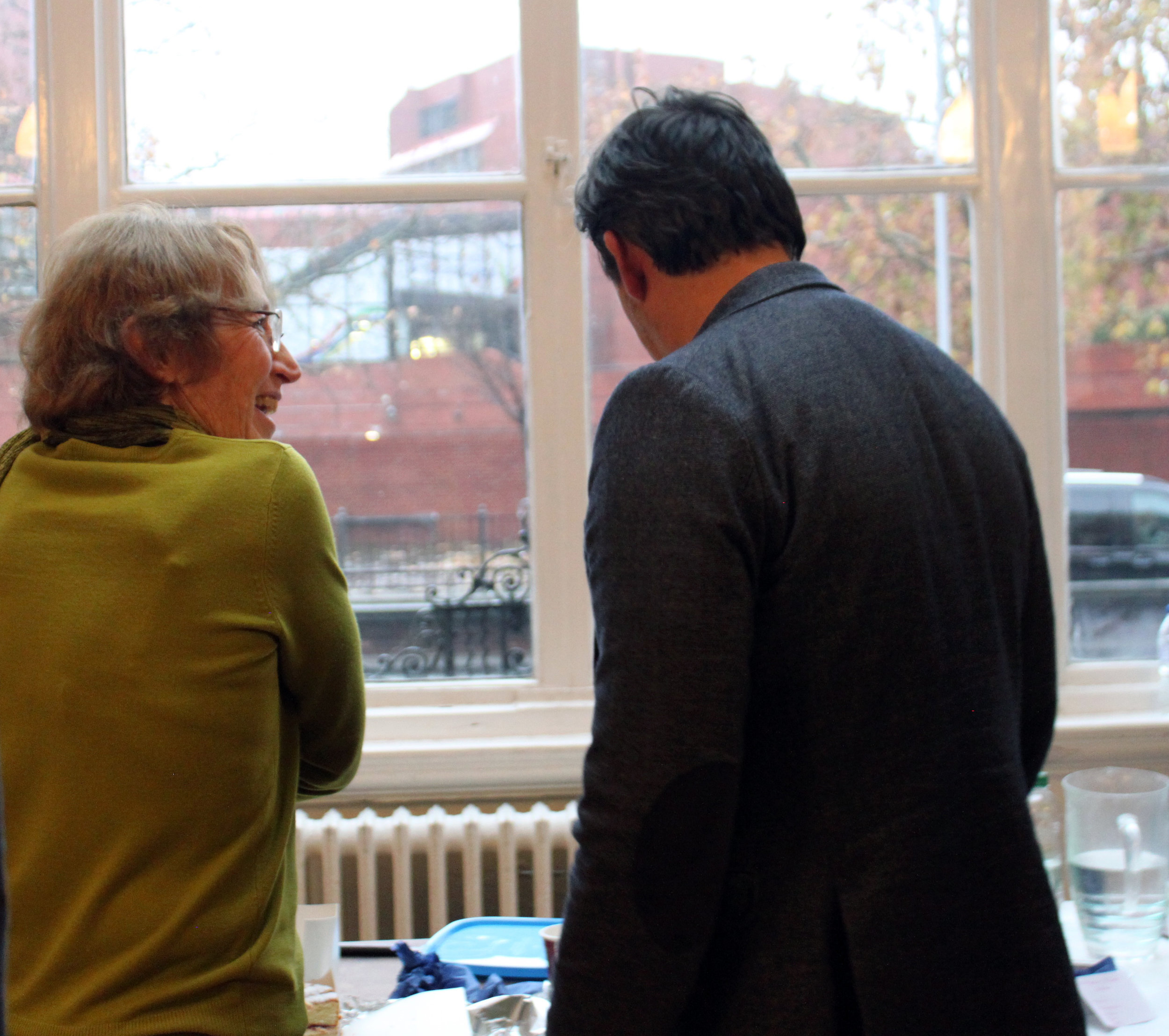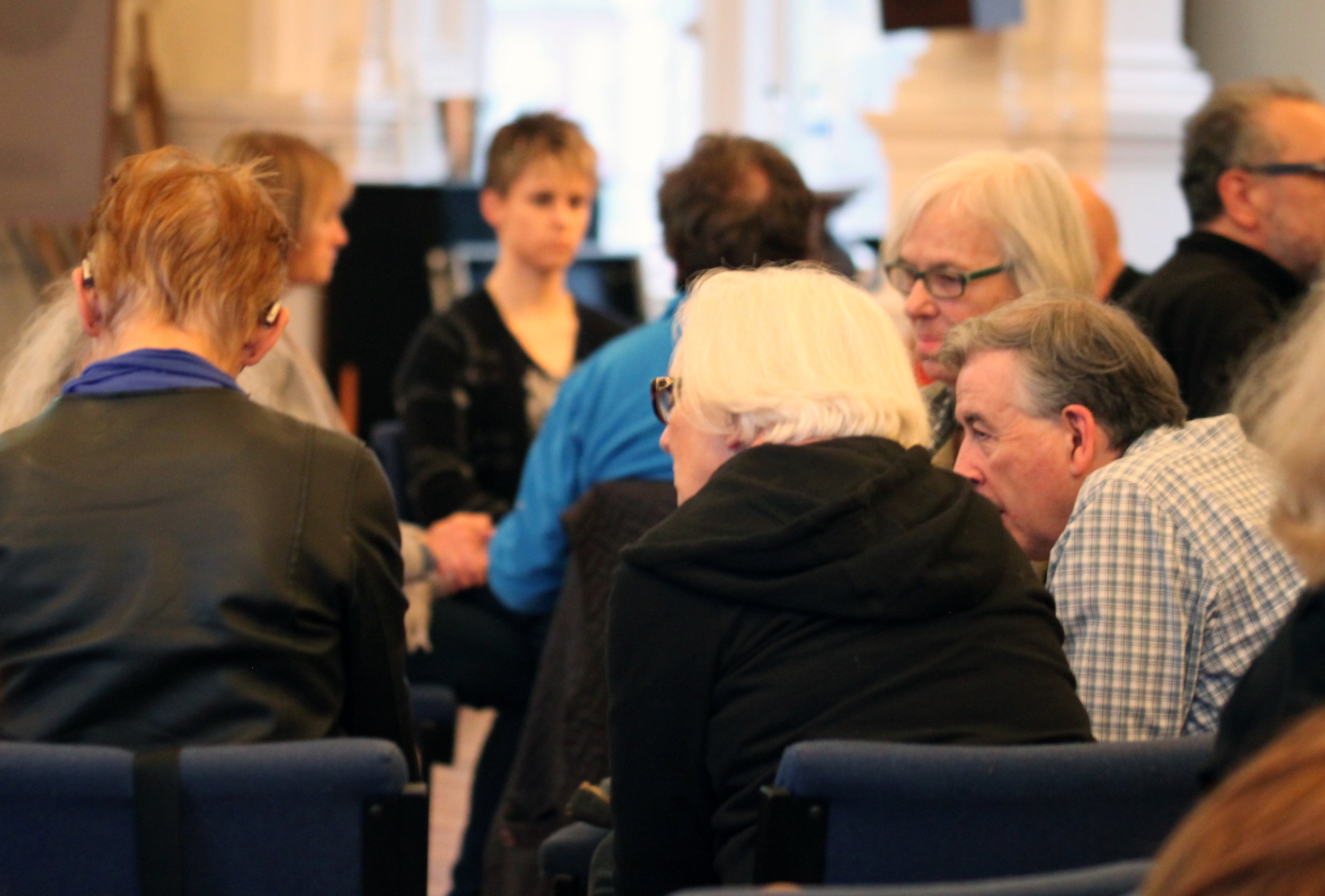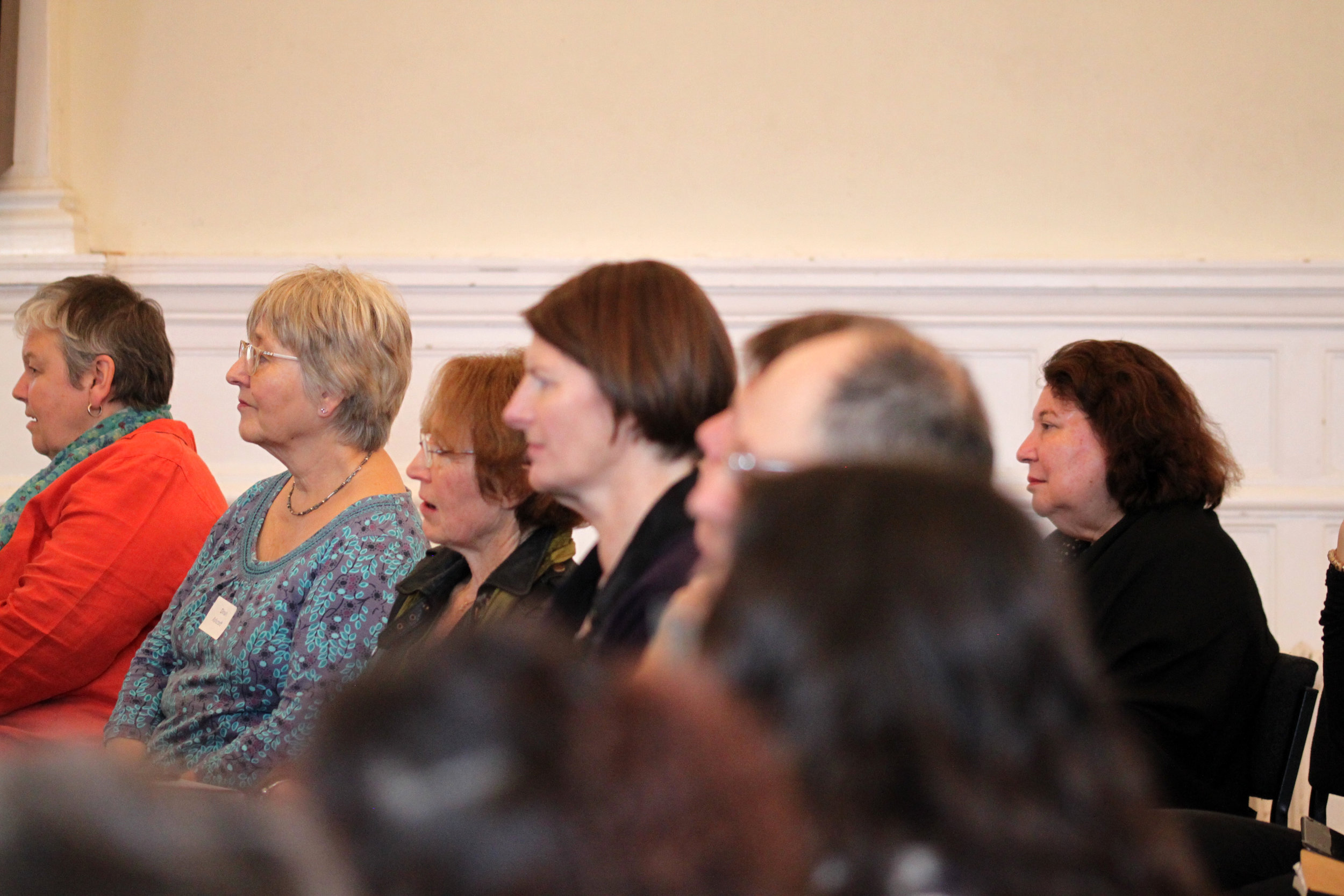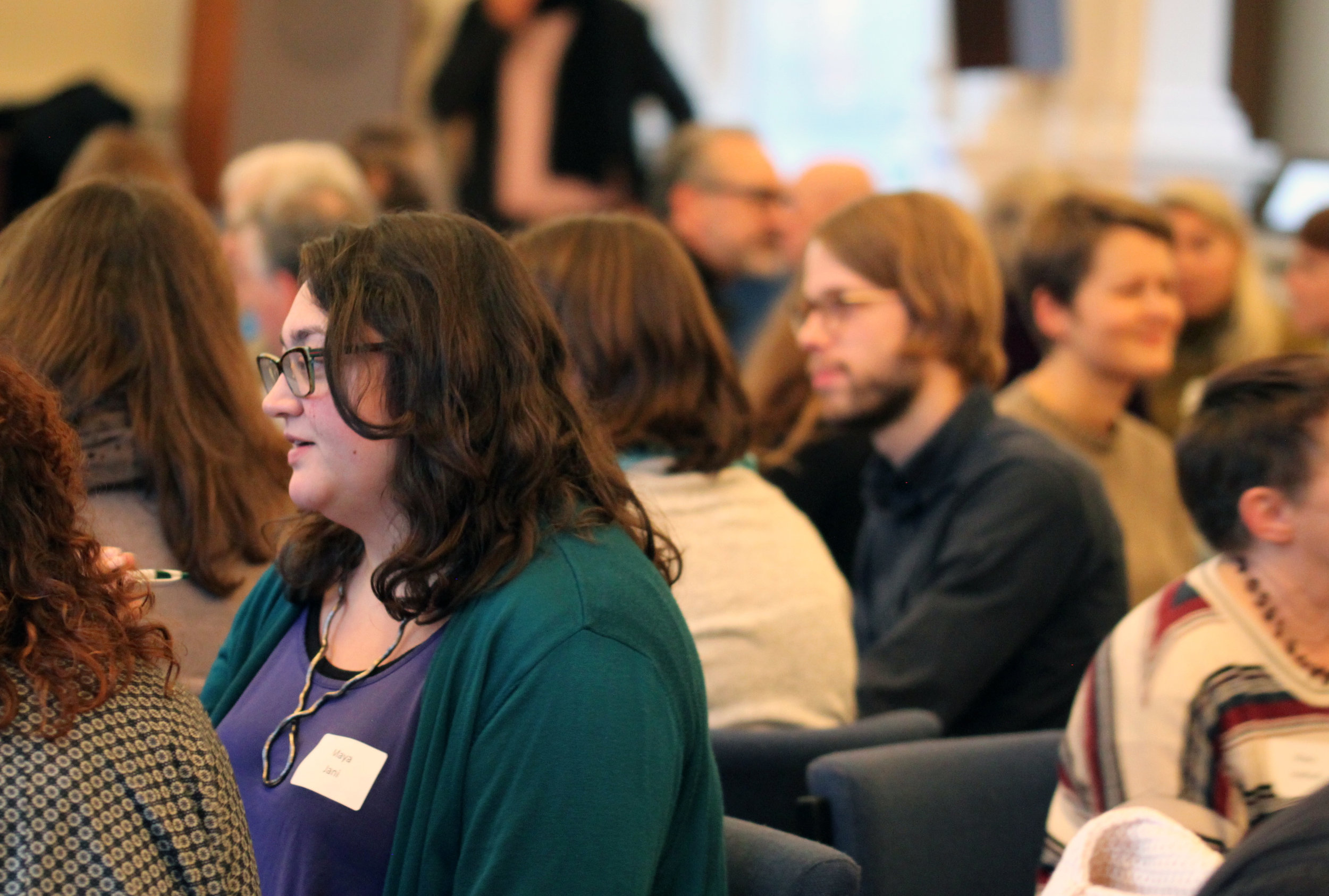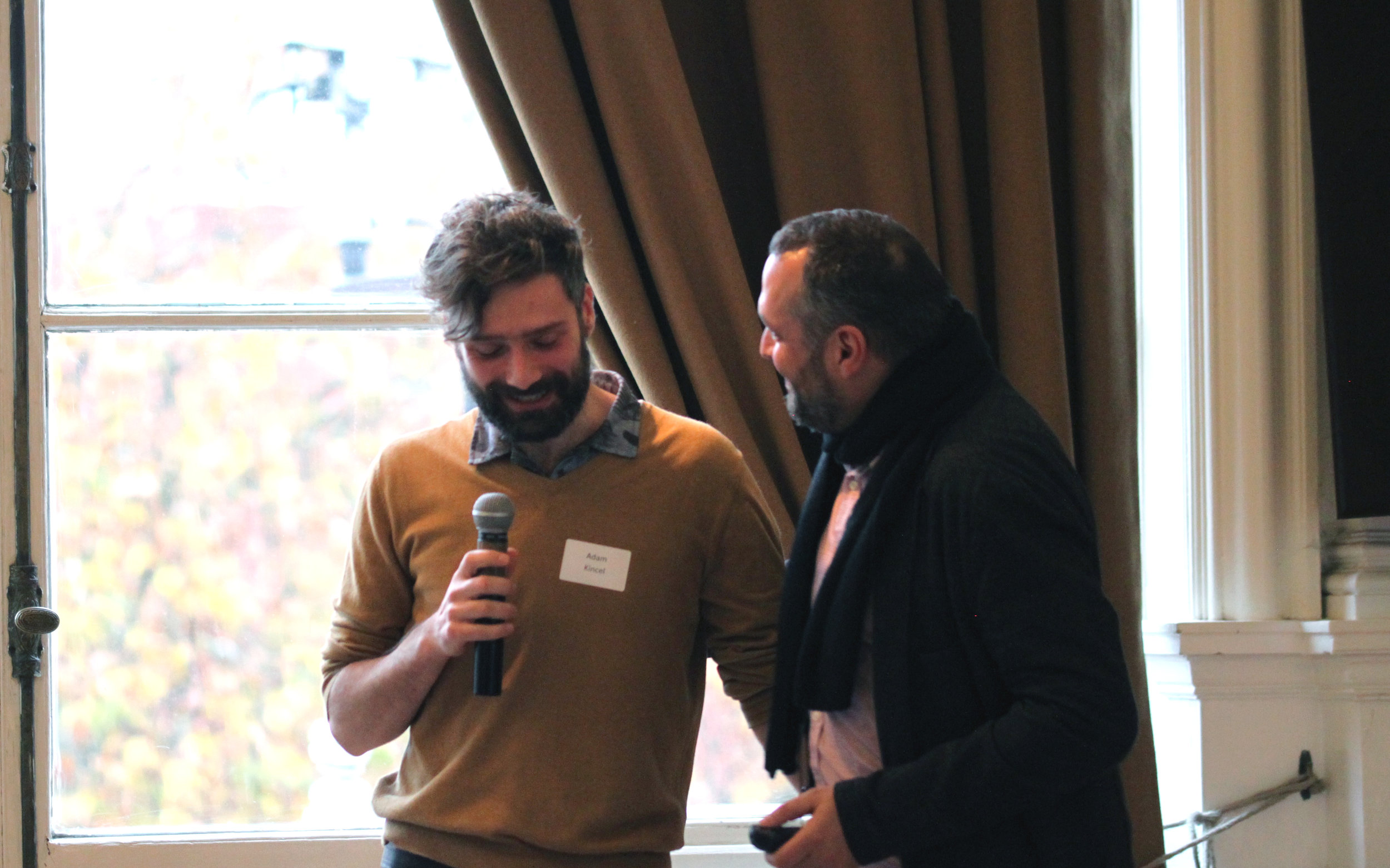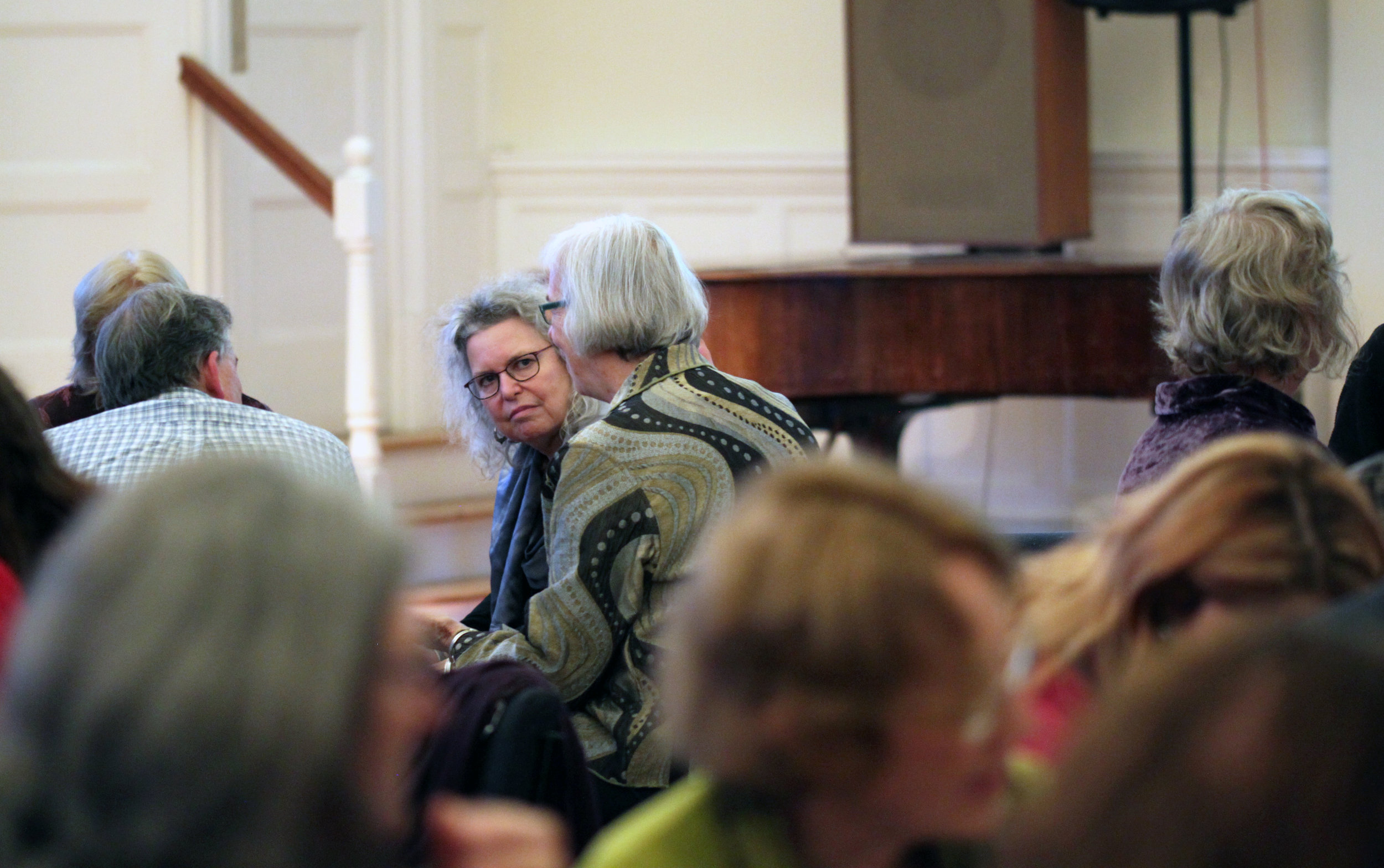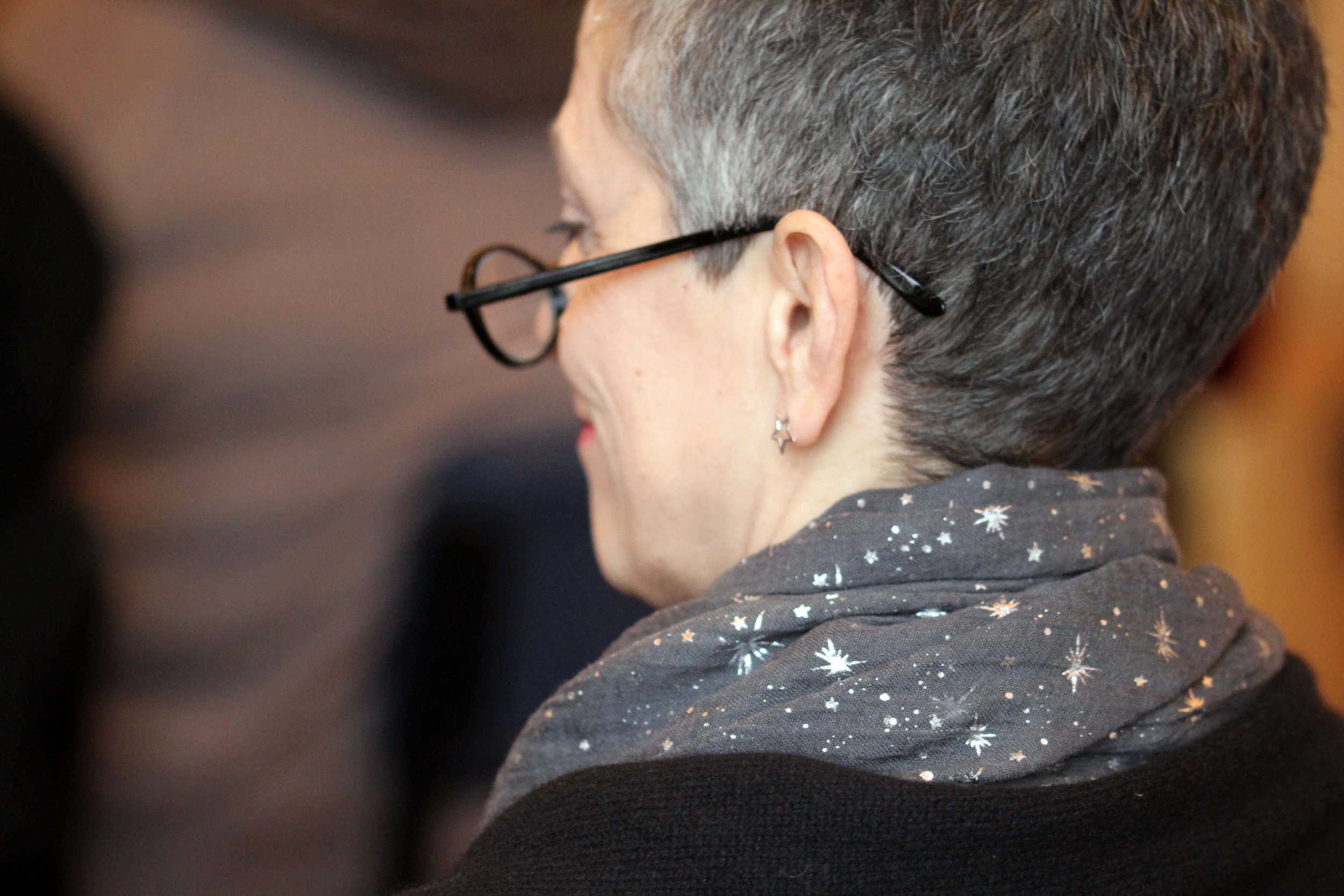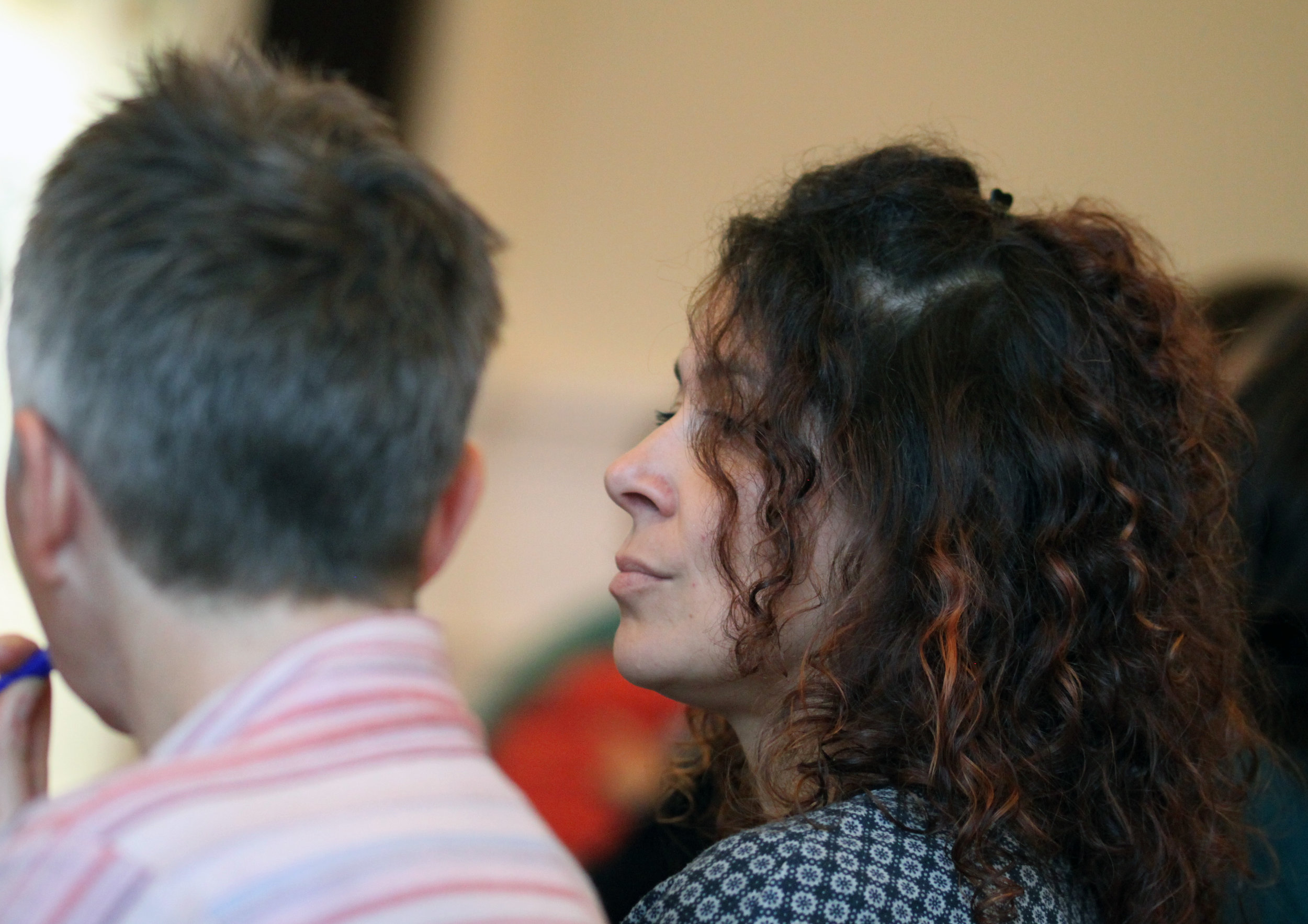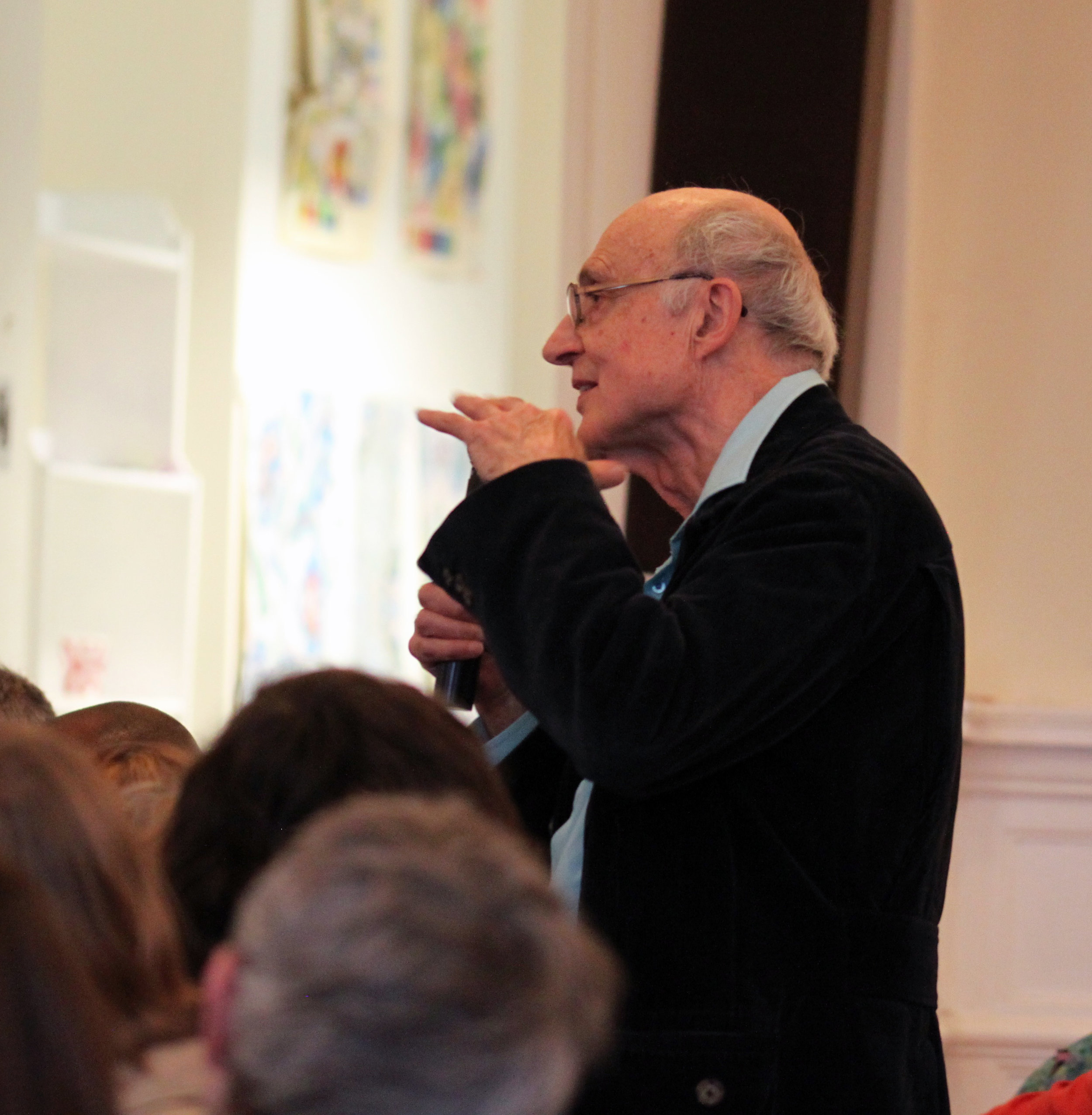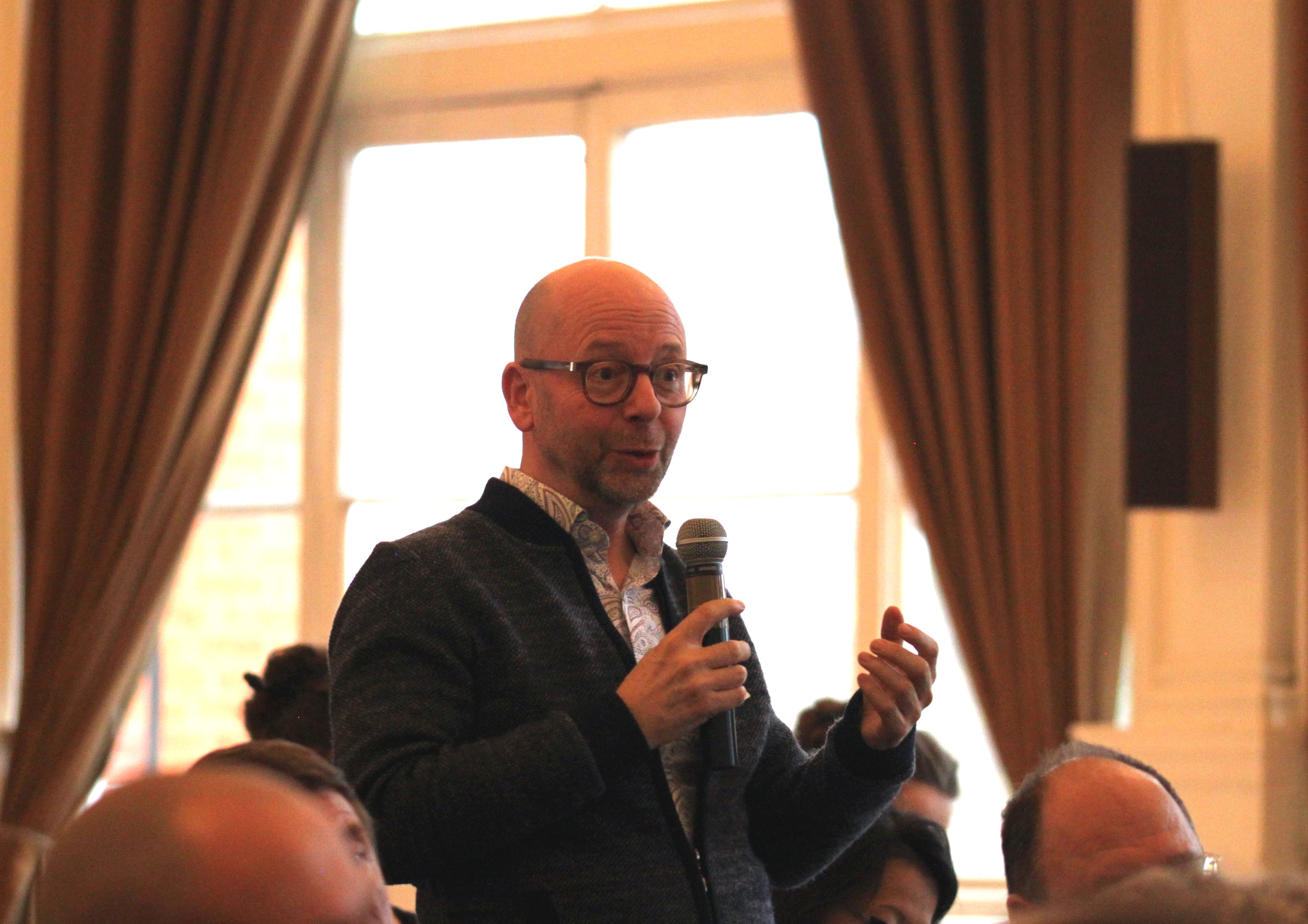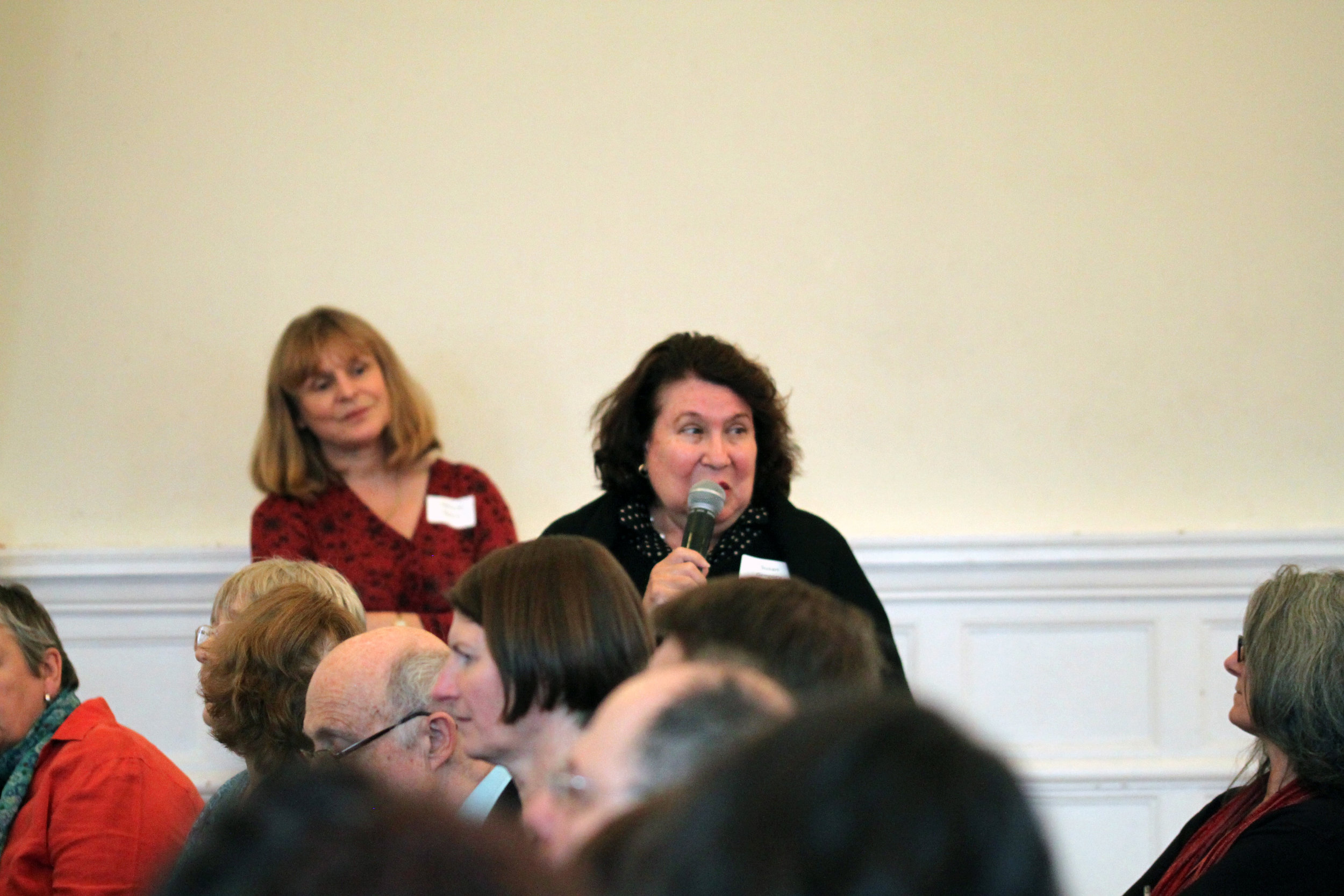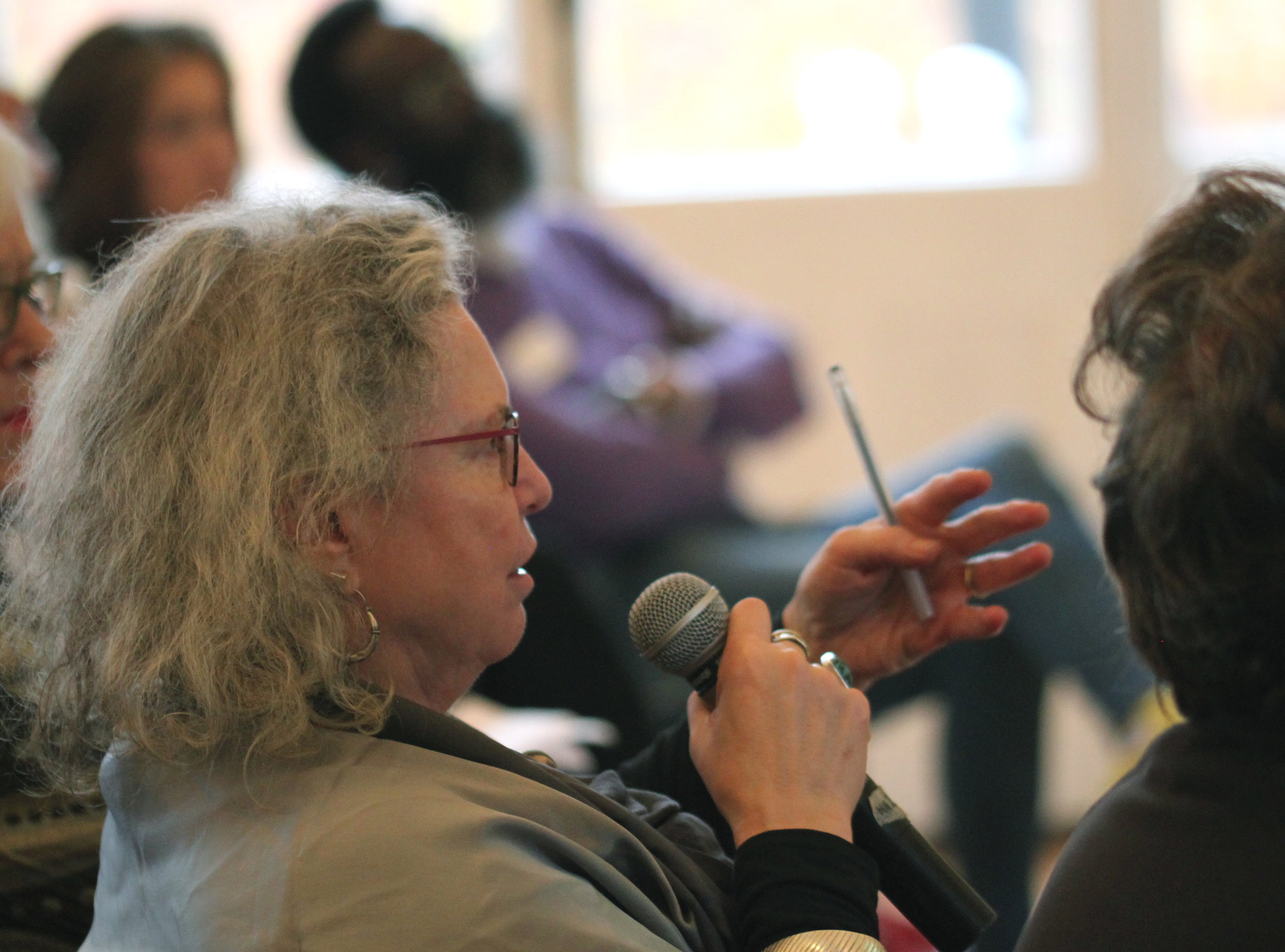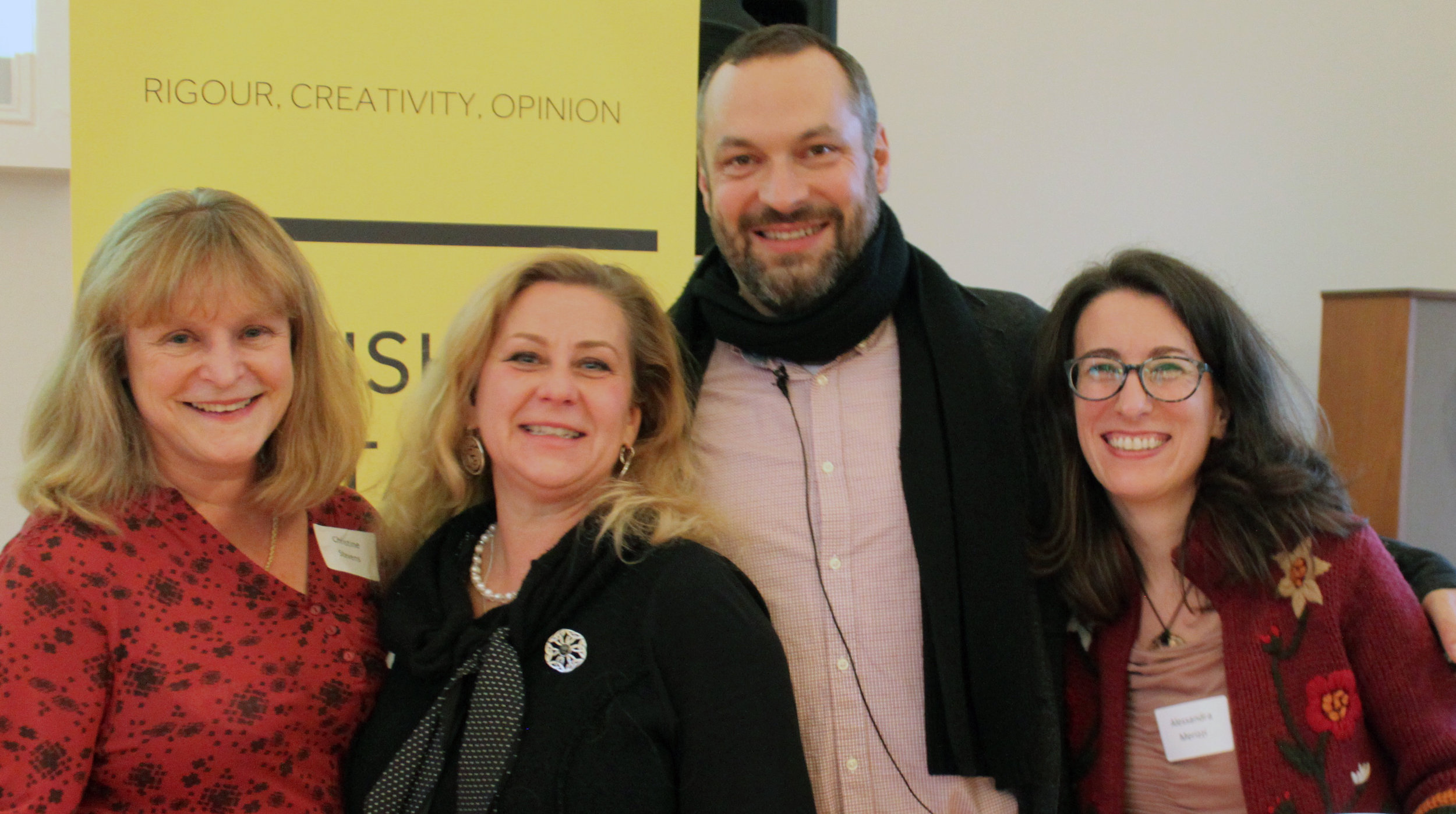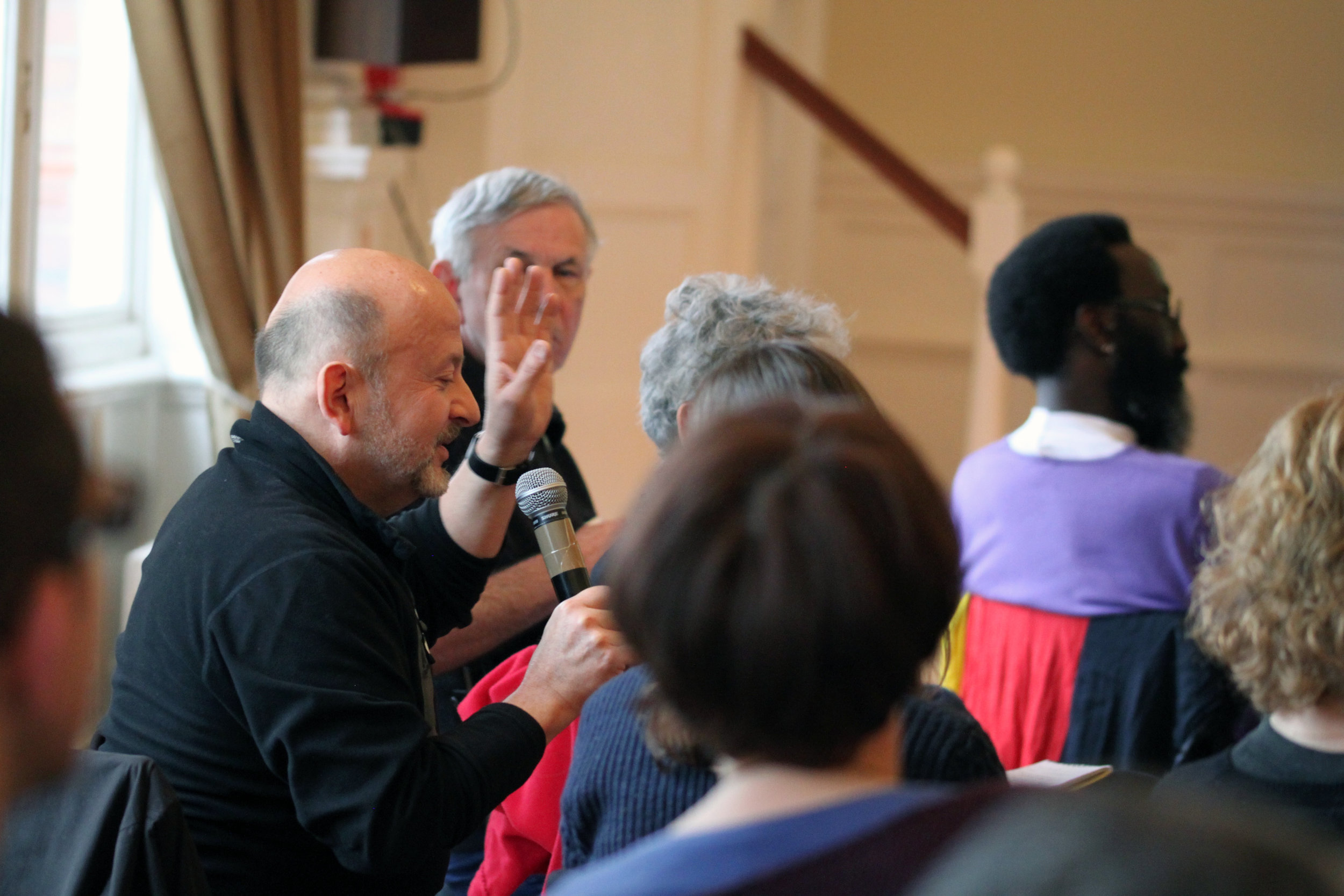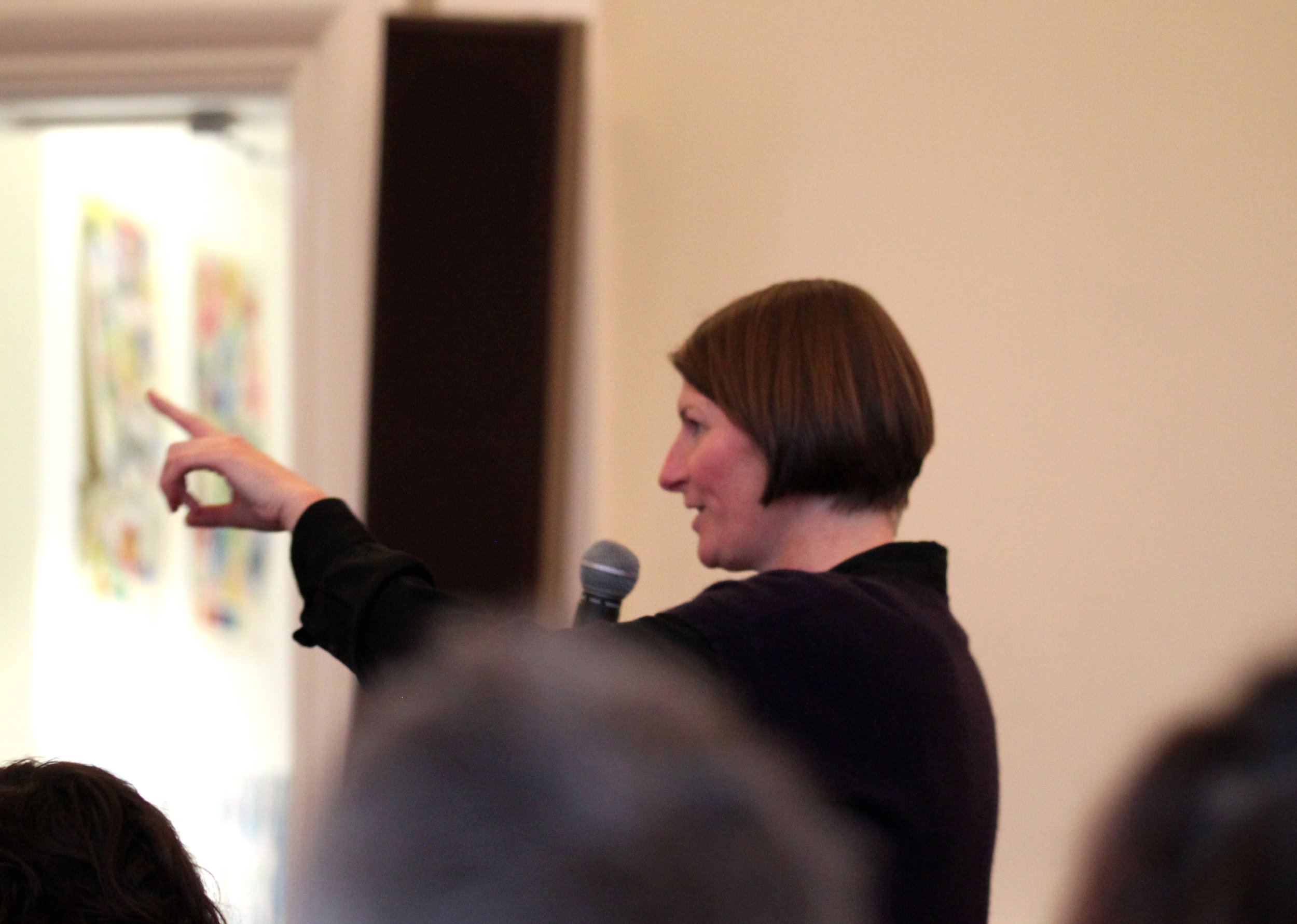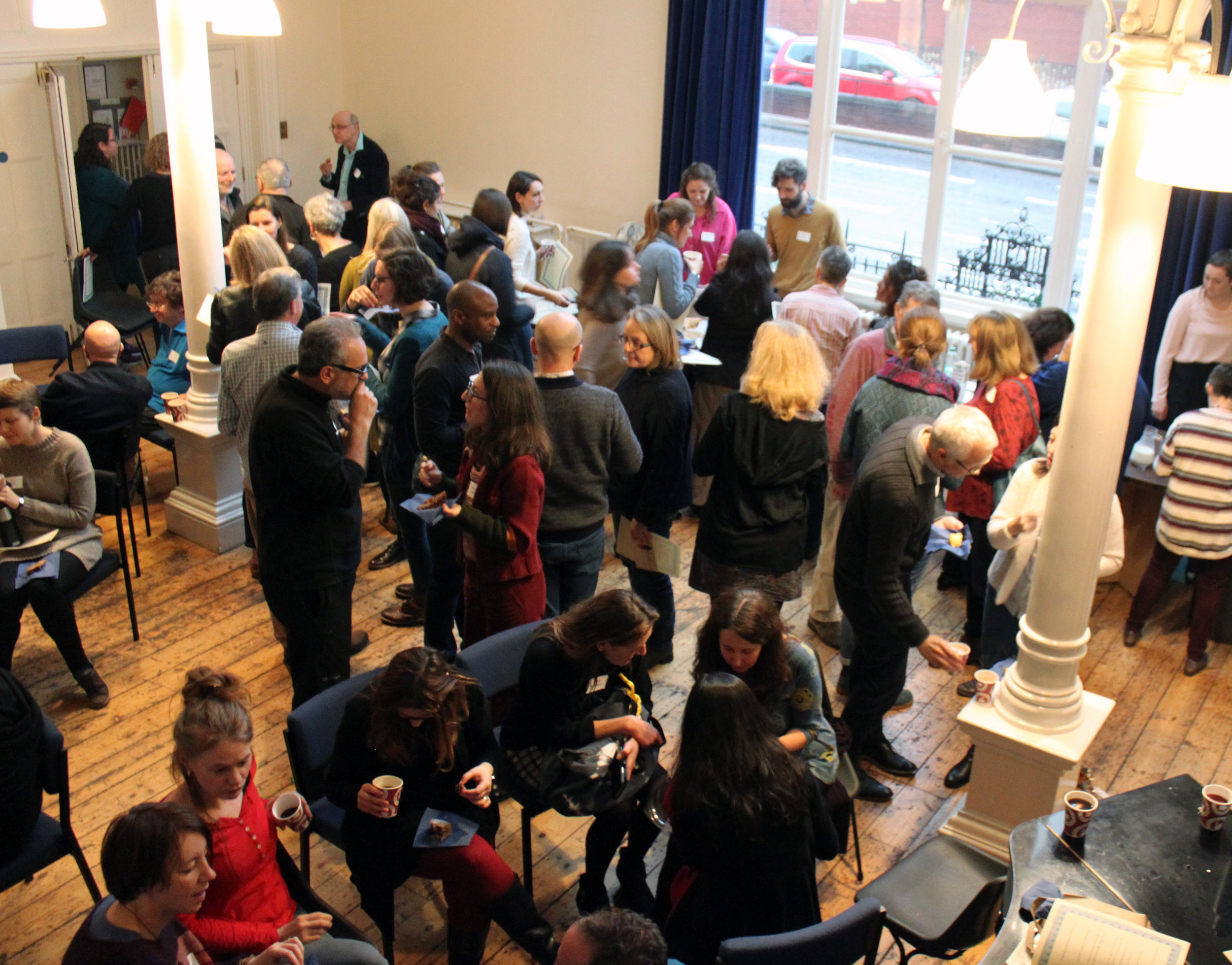The 16th Annual BGJ Seminar Day took place on 18th November. The presenter was Jan Roubal, Assistant Professor of Psychotherapy at Masaryk University in Brno, Czech Republic. Jan encouraged us to explore the subject of psychotherapy case formulation in a distinctively Gestalt way. Psychotherapy case formulation is an essential component of psychotherapy training and practice across all modalities. It is an important way of integrating theory and research into practice, and part of the dissertations and case studies Gestalt trainees write as part of their accreditation process.
Jan opened up the idea of intrinsic diagnosis arising from the aesthetic qualities of the live dialogue between therapist and client, including pre-reflective and embodied elements. He asked us to consider how we might develop case formulation based on this, and introduced some exercises to help us experience and explore this. Jan postulated that aesthetic case formulation was a more inclusive, less anthropomorphic term to use than dialogical, co-created case formulation, which is now commonly used by many modalities. The phrase Jan used as the expression of aesthetic case formulation was “the intentionality of the situation”, and this evoked much discussion, with some people feeling this implied agency and questioning if the quality was more one of emergence. Others felt this was more to do with translation and semantics.
With over 90 people attending, this was a lively and energetic day, in a beautiful venue, Colet Hall in West London, originally built in 1885 as artists’ studios. A delicious gluten-free, plant-based lunch sustained us, as did the home-made cakes kindly donated by some of the people attending.
The day was organised by Adam Kincel; thanks to him and everyone who helped to make the event so enjoyable.
Jan Roubal is the Executive Editor of Towards a Research Tradition in Gestalt Psychotherapy, which was published by Cambridge Scholars Press in 2016.
